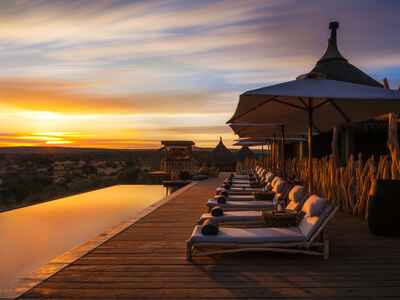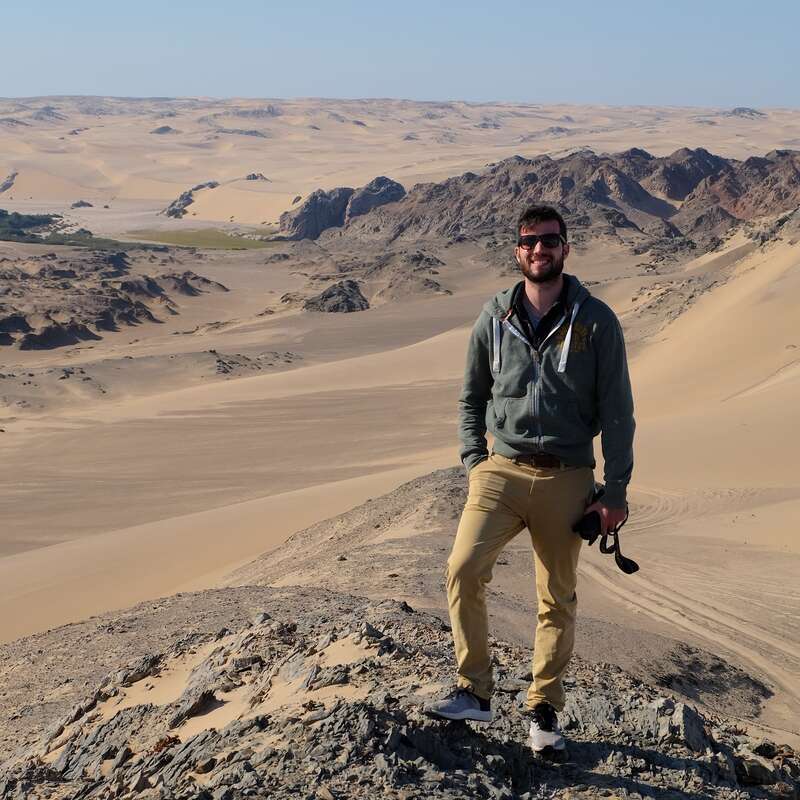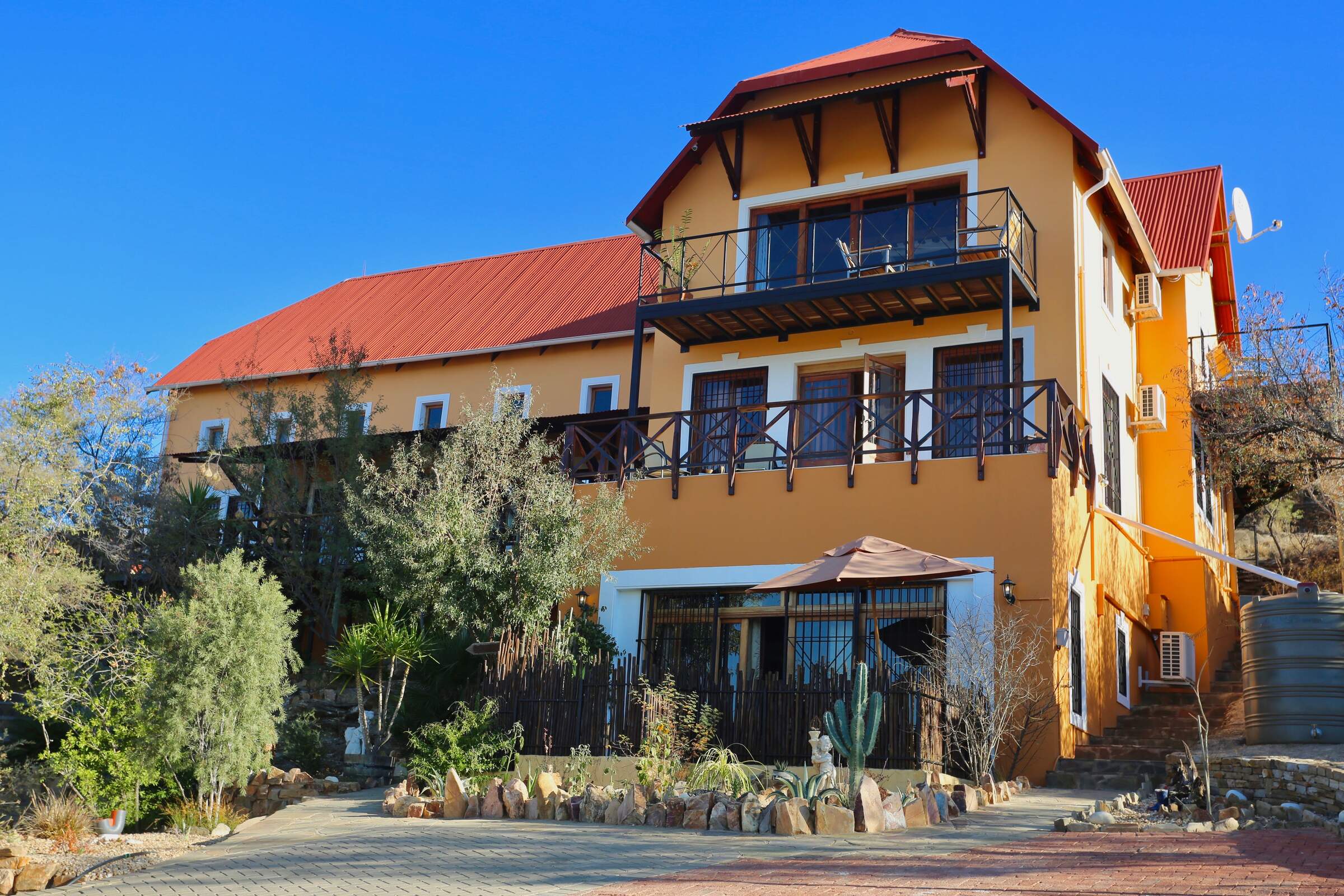About Omaanda
Shoot-the-lights-out luxury lodge in a private reserve near Windhoek airport that takes warm, safari-chic design very seriously.
This turbo-luxury lodge from celebrity favourite Zannier Hotels manages to upstage a spectacular savannah backdrop. Get ready to blow the budget at Omaanda, set in a 9,000 hectare private reserve between Windhoek and the airport, which operates at the very highest level of safari chic.
This Zannier Hotels property ticks all the luxe boxes: glinting azure infinity pool, which sets off the surrounding orange-green savannah beautifully; cutesy thatched roof gin bar, repping plenty of local brands; and a sweeping beige, gunmetal-grey and aquamarine colour scheme peppered with wood and metal furnishings and plenty of glossy design magazines.
The reserve’s wildlife, spanning white rhino, a pride of lions, antelope of all kinds and warthogs, roam astonishing close to the smart 10 thatched roof stone huts. Sunrise and sunset game drives are offered to each guest to get up close and personal with them - with a cold glass of wine in your hand while you do it.
Add to Omaanda’s book a peaceful, all-natural spa and the finest food and wine in blockbuster surroundings and you’ve got one of the most rarefied lodge experiences in all of Namibia.
Note: In our view, Omaanda is the place to end your trip, not start it...
Our view
On our stays here we have been consistently impressed by the warmth of the welcome, the outstanding food and the sheer attention to detail in every aspect of our stay. On both occasions we stayed at the end of a two-week trip through Namibia and we'd recommend you do the same, saving this gem of a lodge as a final treat before your return flight. While Omaanda offers some wildlife activities, they can't yet match the experience of a game drive in Damaraland or Etosha - and best to actively avoid their 'carnivore feeding activity'. However, this is a great last stop to relax and re-charge.
Accommodation
12 luxury huts
Children
Best for 12+
Open
All year
Activities

4WD Safari

Birdwatching

Cultural excursion

Guided walking safari

Night drive

Private activities
Traveller reviews of Omaanda
14 real, un-edited reviews from Expert Africa's travellers.
Arrived 14 Apr 2025, 2 nights
"Omaanda review"
Overall rating: Excellent
Arrived 2 Feb 2025, 1 nights
"Omaanda review"
Overall rating: Good
Arrived 21 Oct 2024, 2 nights
"Omaanda review"
Overall rating: Excellent
Arrived 26 Sep 2024, 3 nights
"Omaanda review"
Overall rating: Good
Arrived 23 Mar 2023, 1 nights
"Omaanda review"
Overall rating: Good
Arrived 3 Jan 2023, 2 nights
"Omaanda review"
Overall rating: Excellent
Arrived 6 Oct 2022, 1 nights
"Omaanda review"
Overall rating: Excellent
Arrived 16 Oct 2022, 3 nights
"Omaanda review"
Overall rating: Good
Arrived 31 Jul 2022, 3 nights
"Omaanda review"
Overall rating: Excellent
Arrived 21 May 2022, 2 nights
"Luxury in the Making"
Overall rating: Good
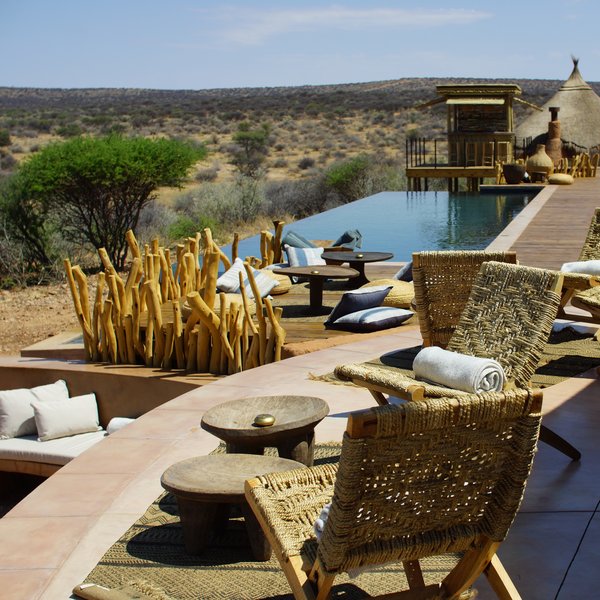
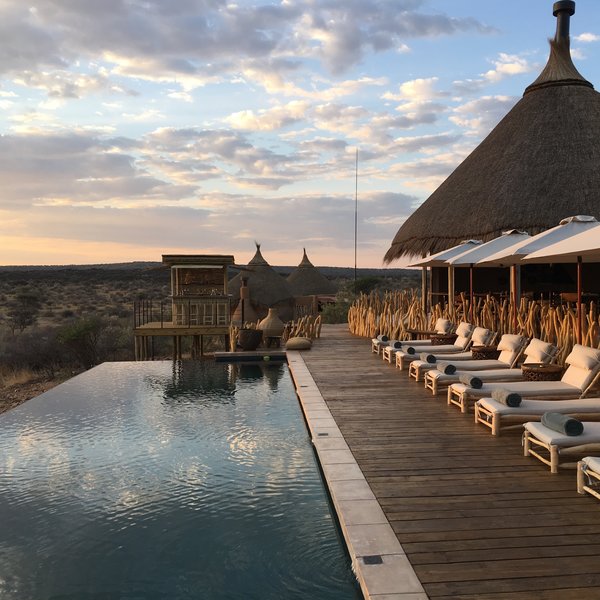
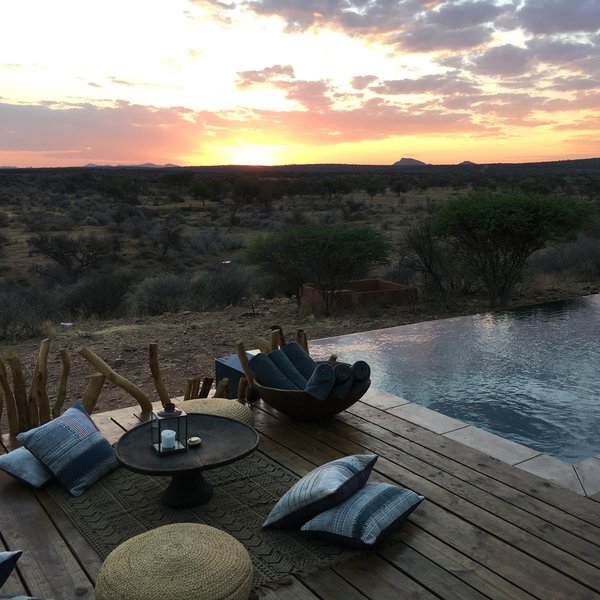
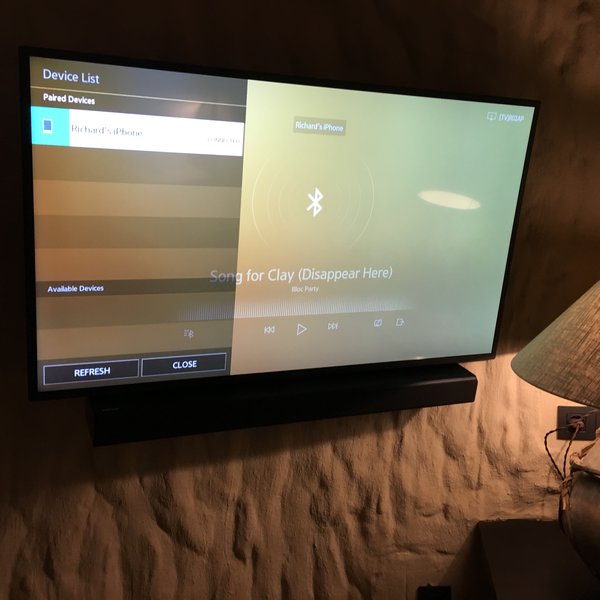
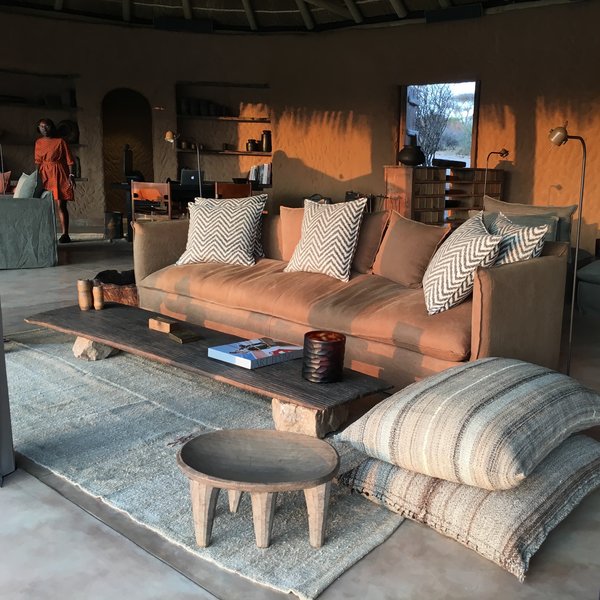
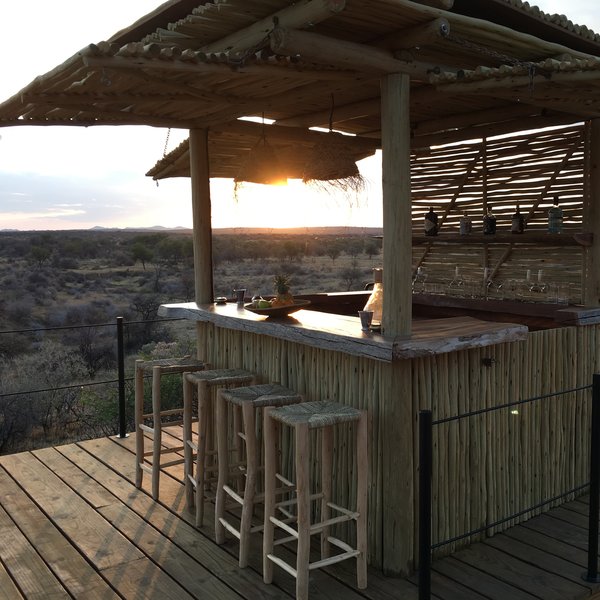
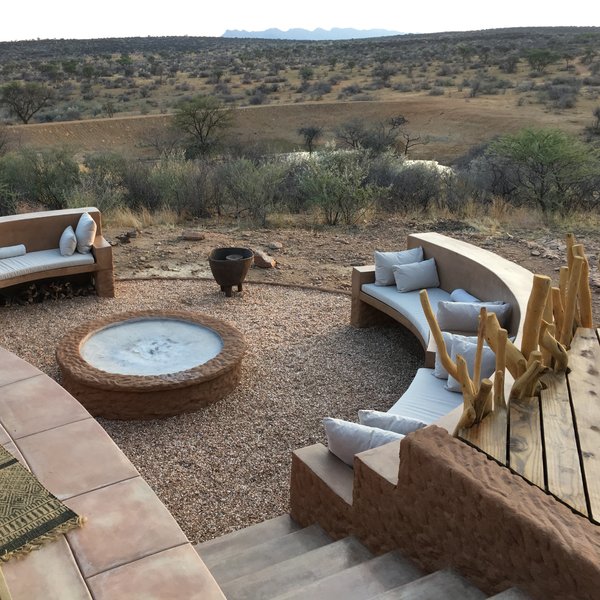
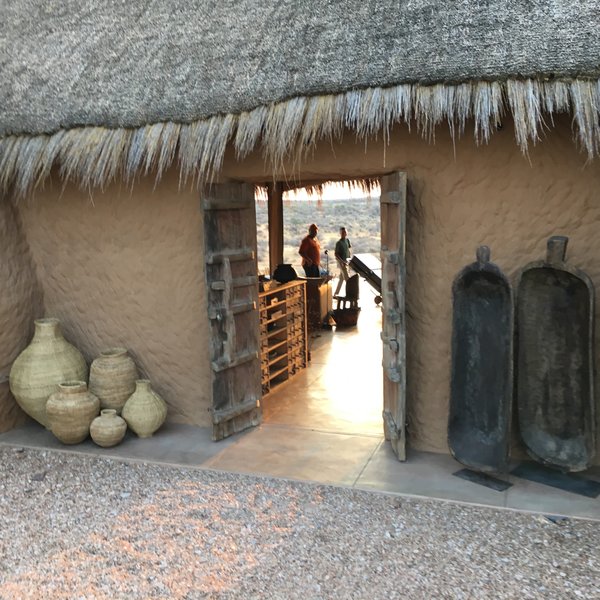
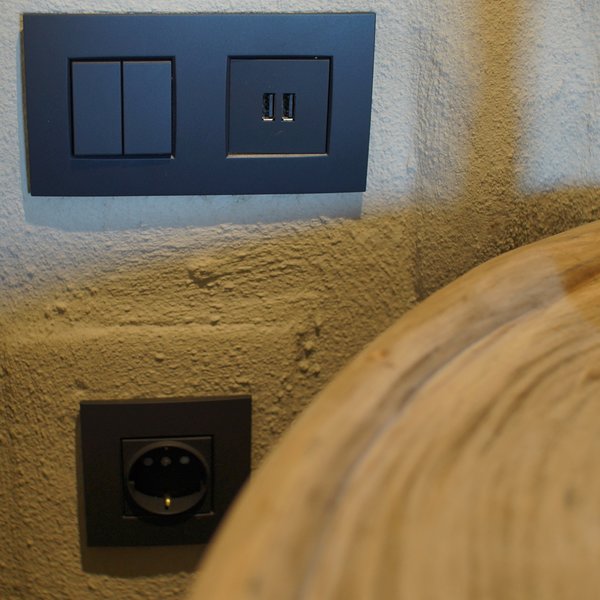
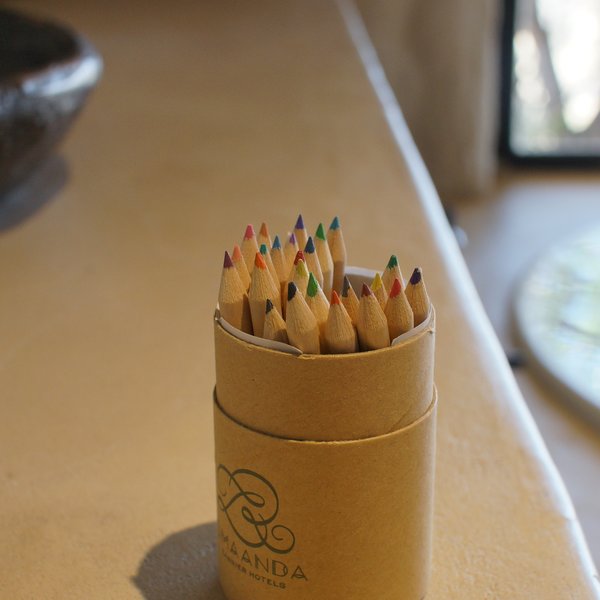
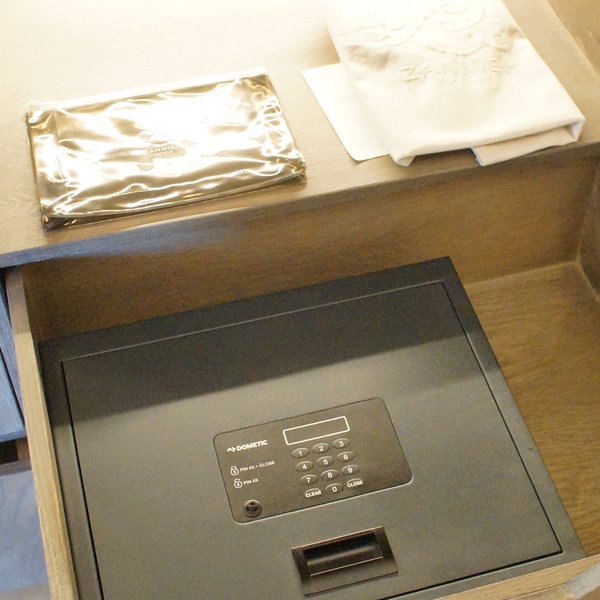


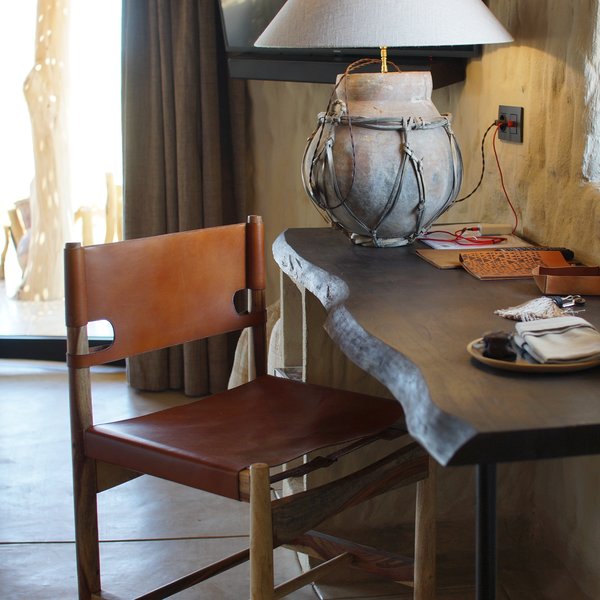
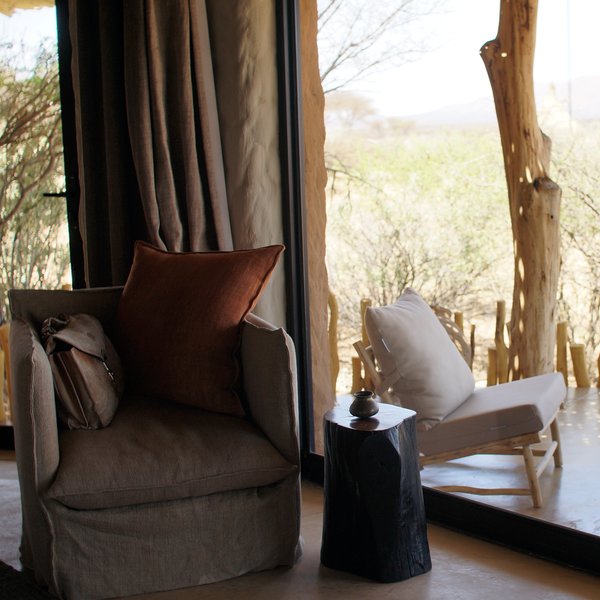
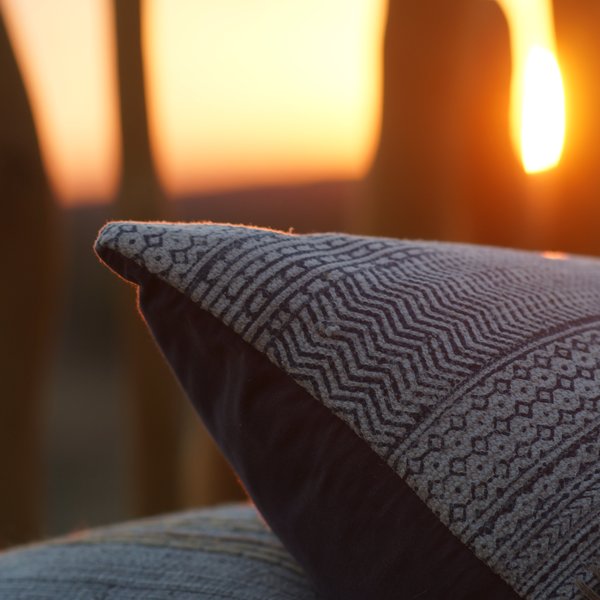
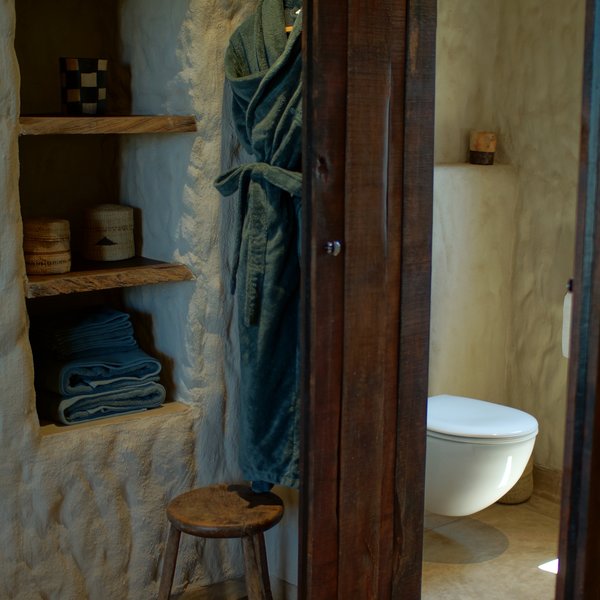
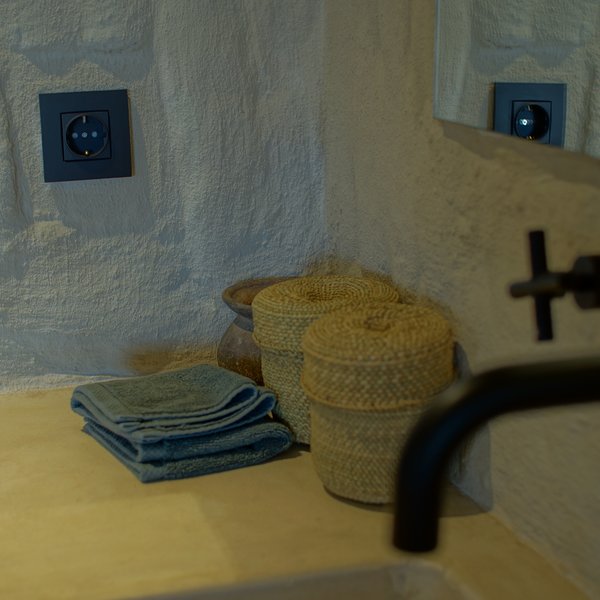

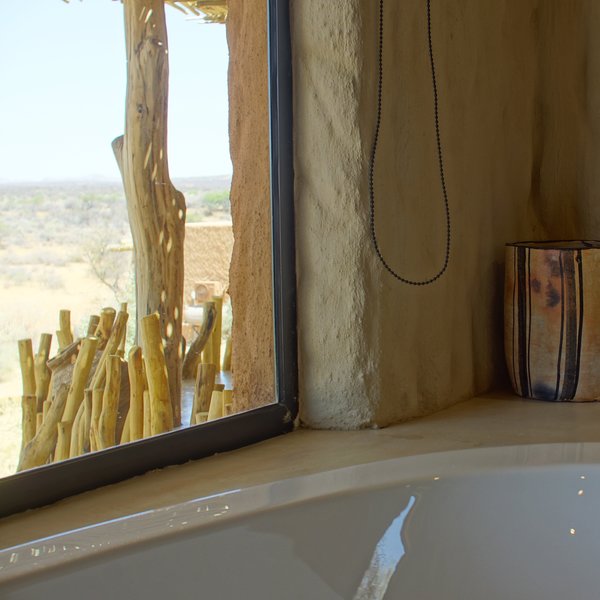
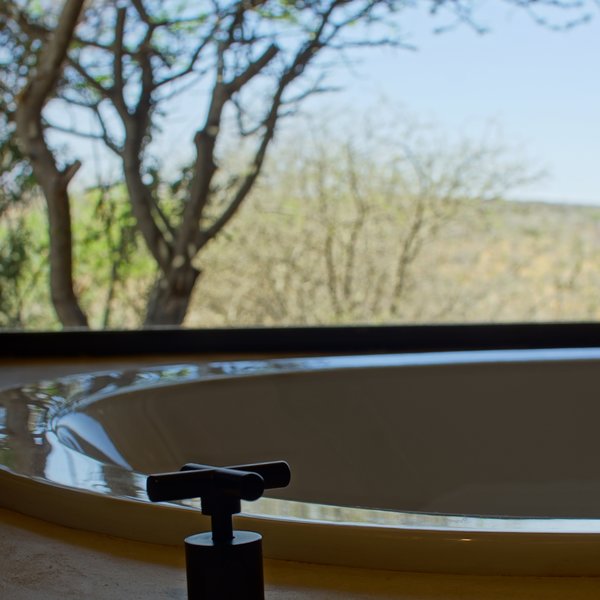
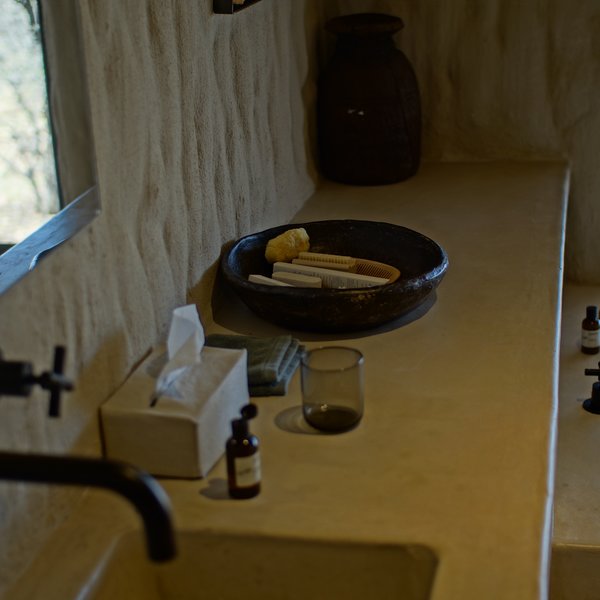
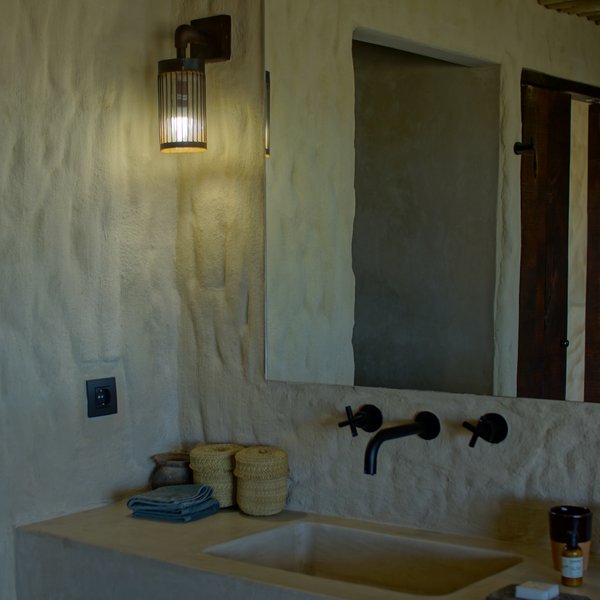
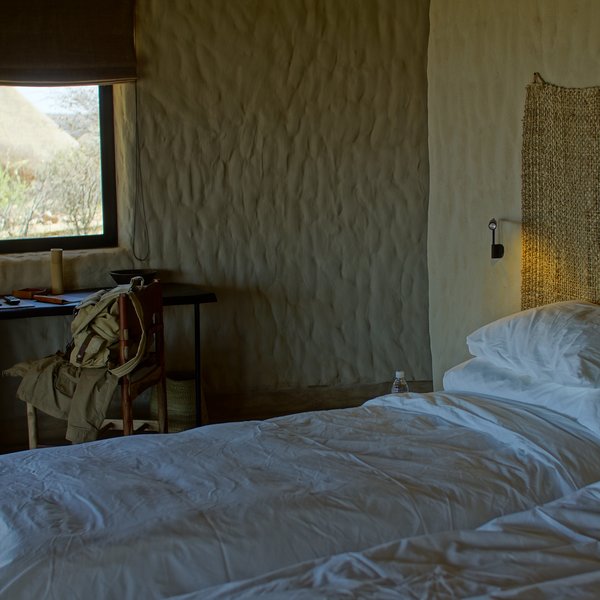
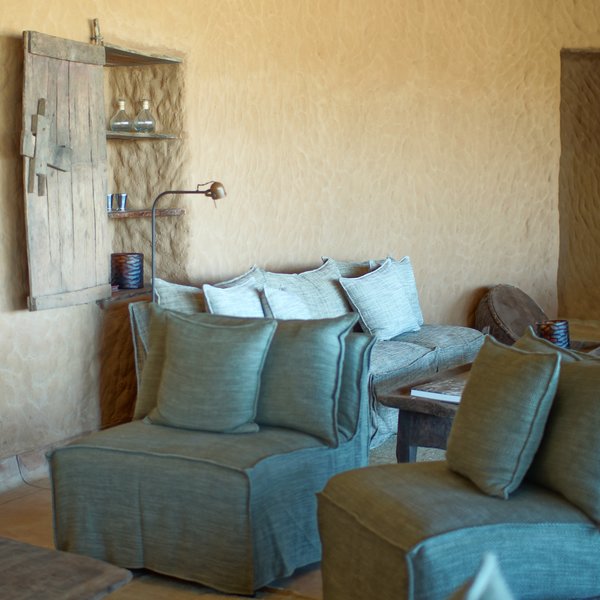
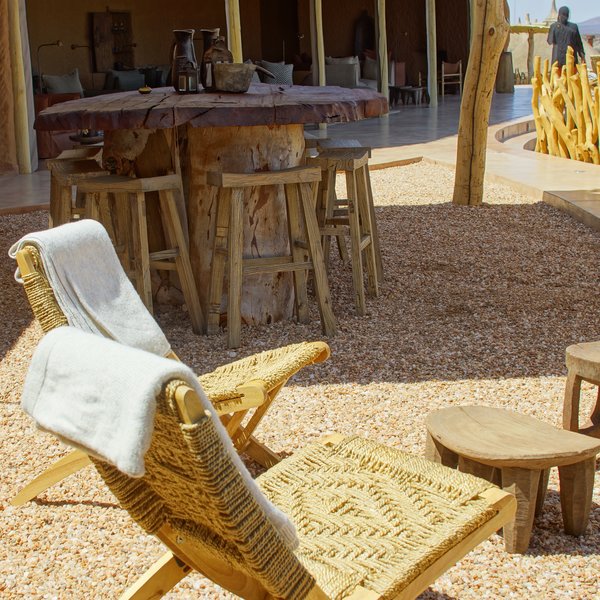
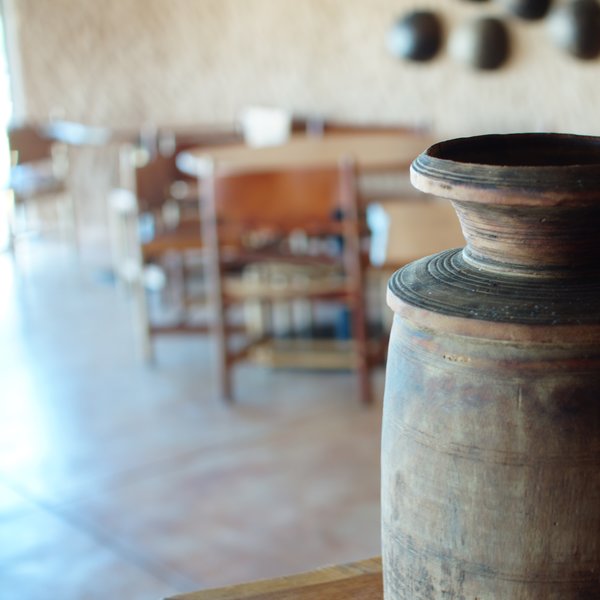
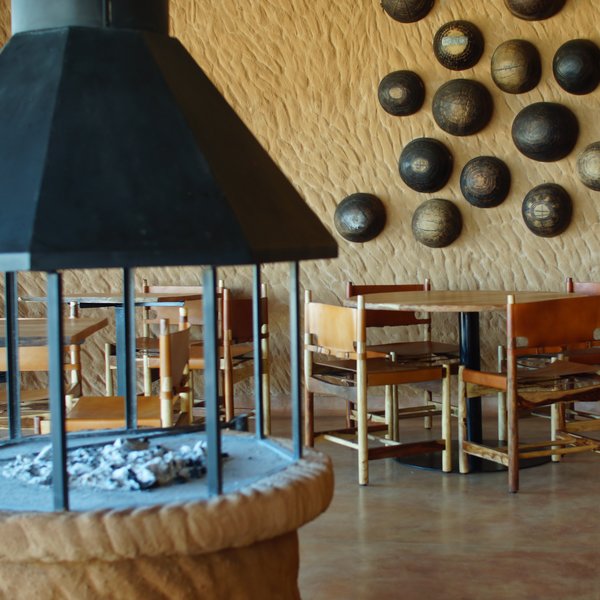
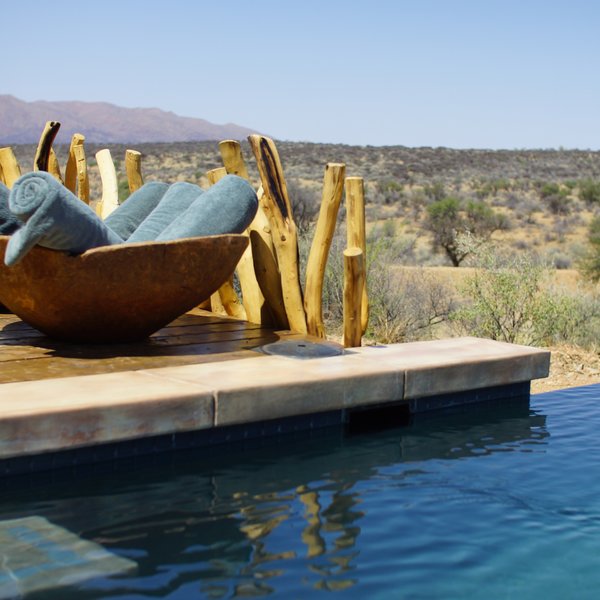
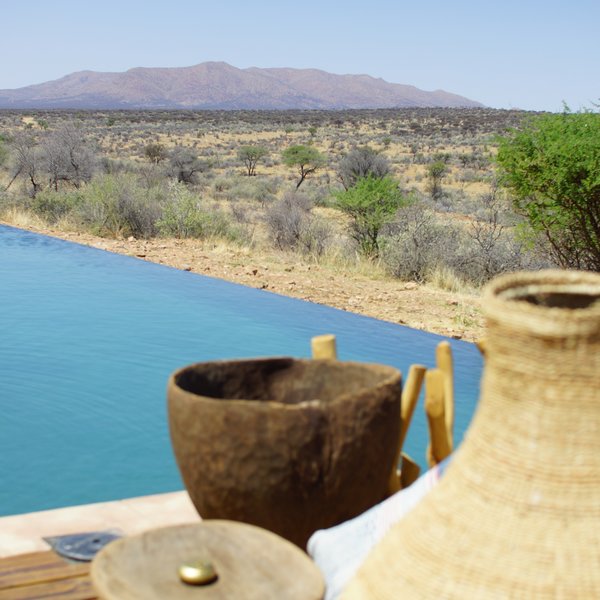
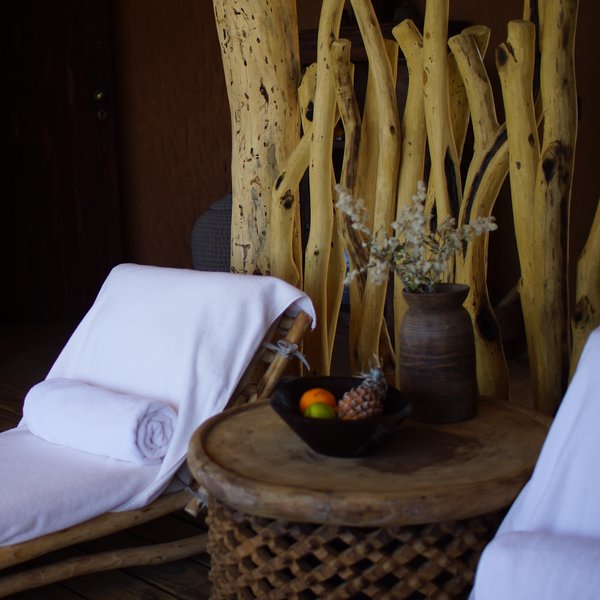
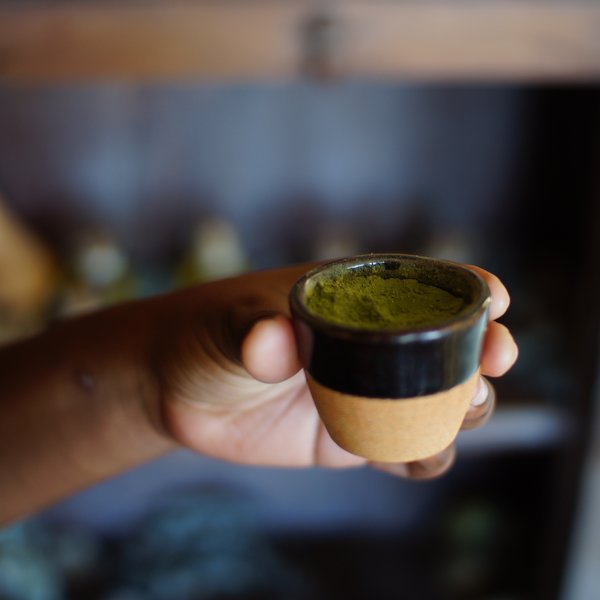
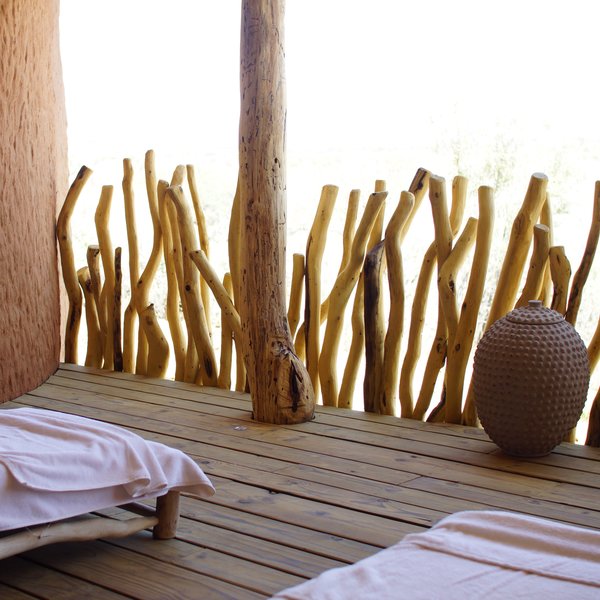
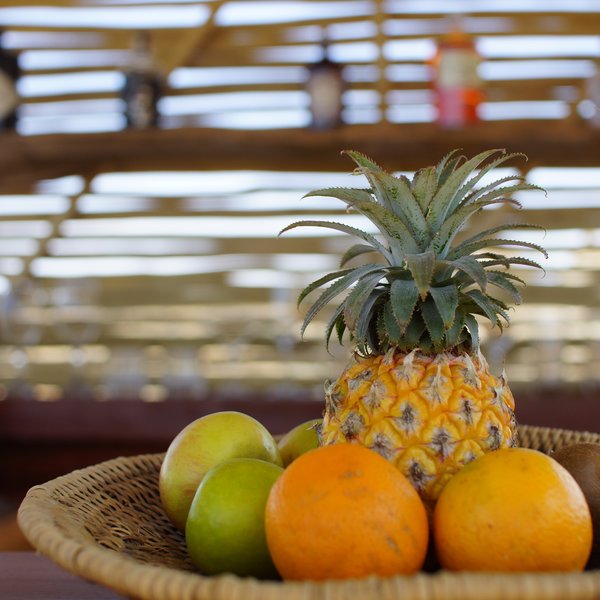
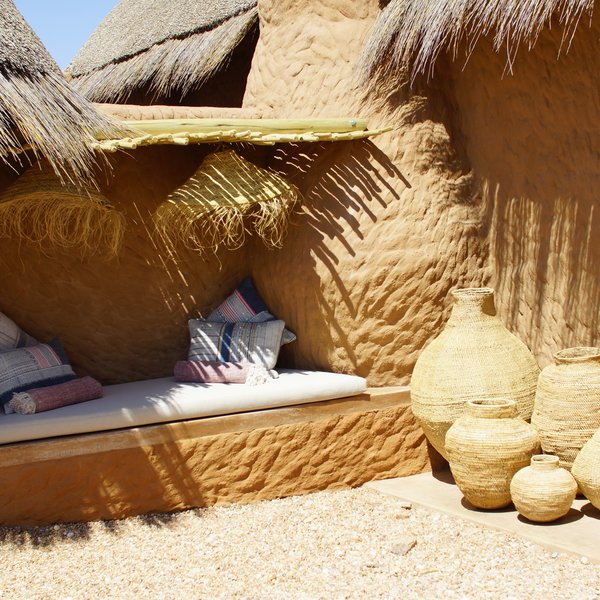
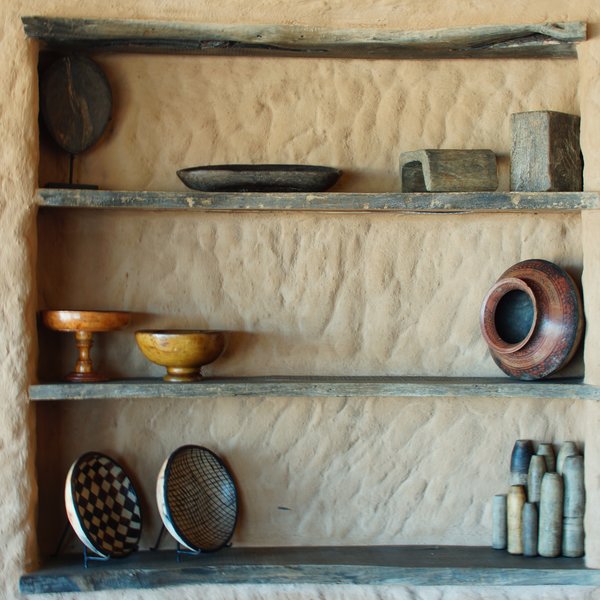
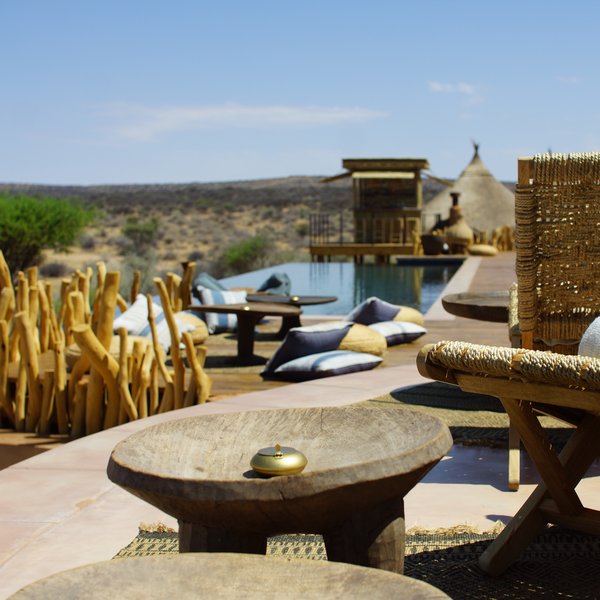
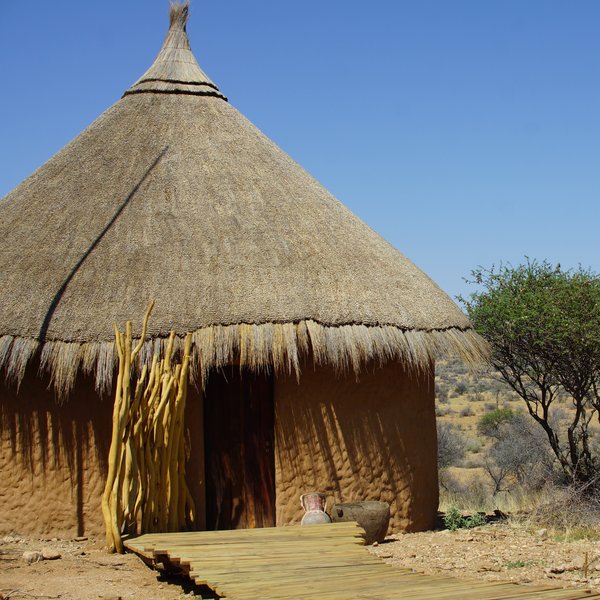
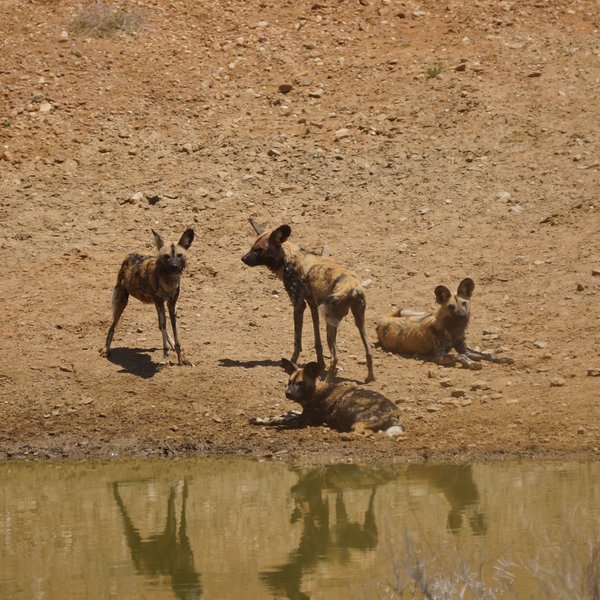
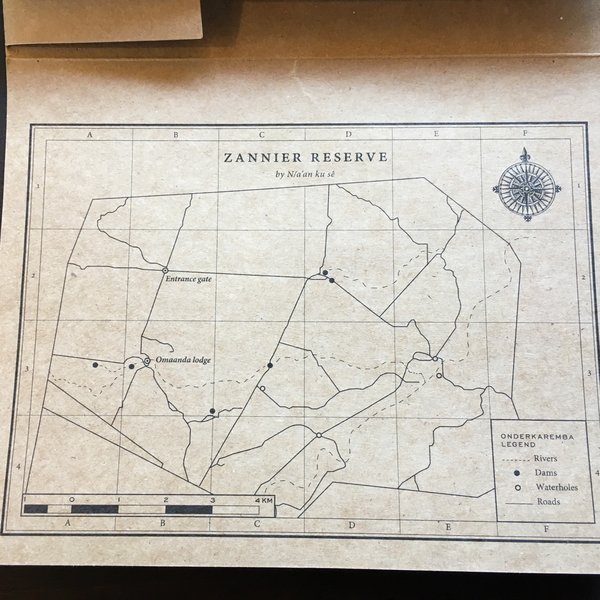
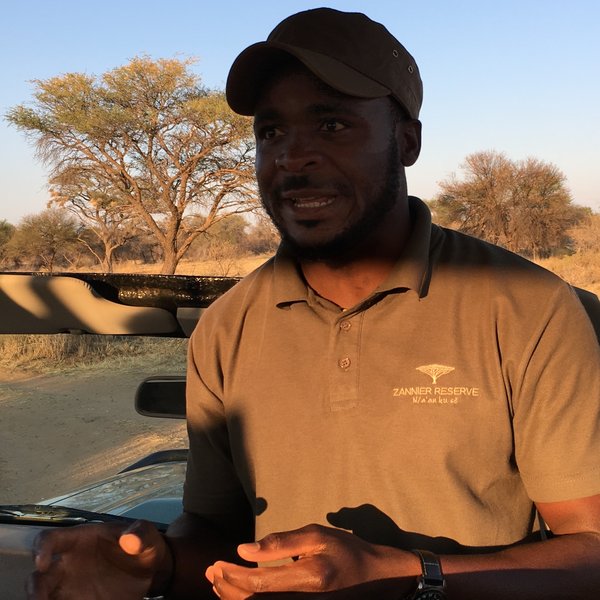
Expert Africa's gallery
When we travel we take lots of photos ourselves to give you a real and un-edited view of the safaris. See our 67 pictures of Omaanda to get the candid view.
View gallerySafaris visiting Omaanda
Just ideas, we'll always tailor-make a trip for you
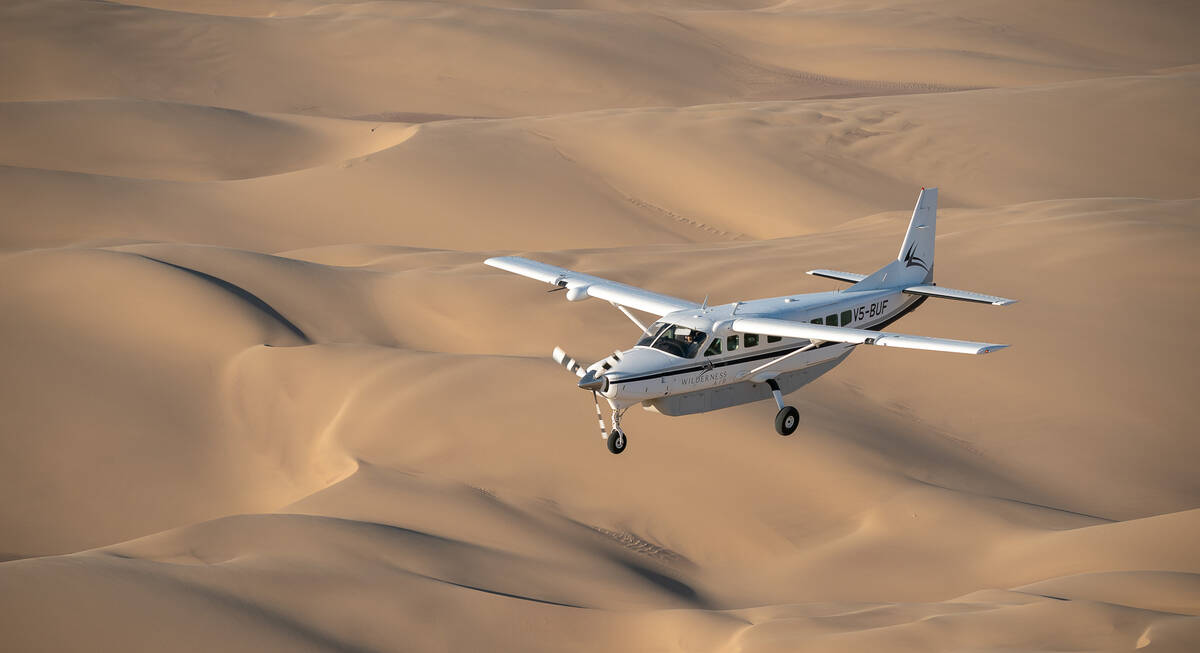

Goshawk Fly-in Safari
12 days • 6 locations • 1 country
WINDHOEK AIRPORT TO WINDHOEK AIRPORT
Discover Namibia’s remarkable landscapes, fascinating wildlife and unique cultures on this luxury adventure flying between a selection of the very best camps and lodges in the country.
Visiting NamibRand, Damaraland and 3 other areas
US$13,560 - US$20,320 per person
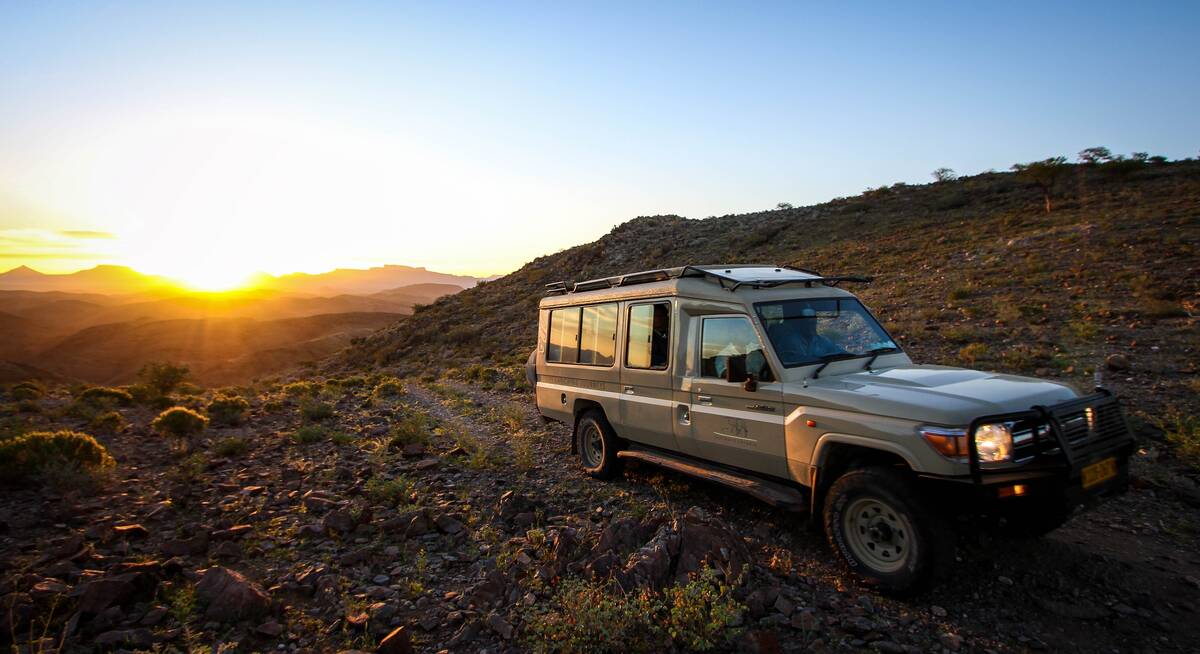
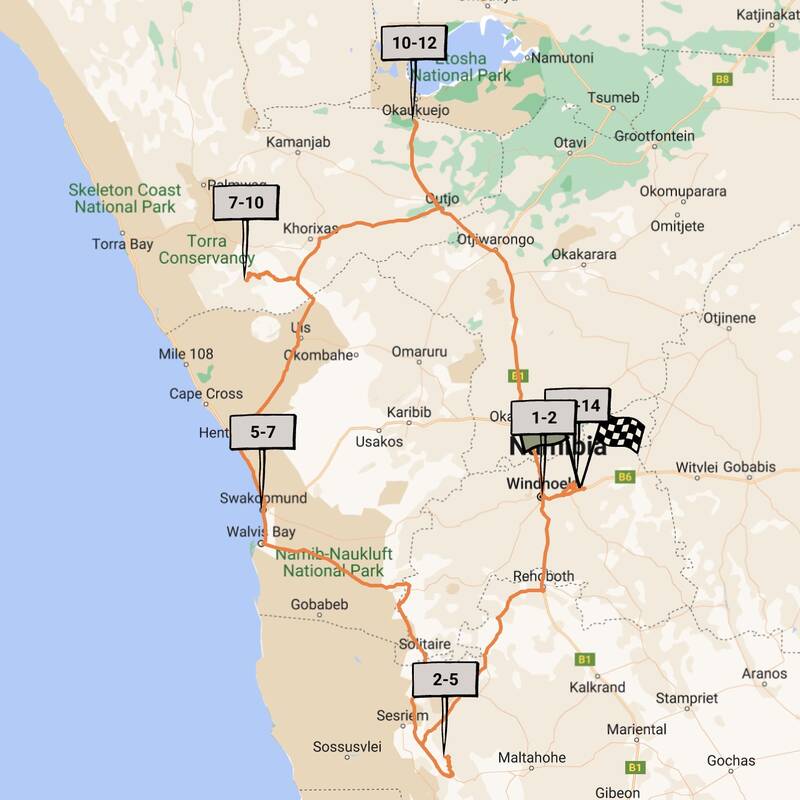
Black-faced Impala Guided Safari
13 days • 6 locations • 1 country
WINDHOEK AIRPORT TO WINDHOEK AIRPORT
A unique mix of luxury and adventure in our original, and perhaps most varied, destination on a privately guided Namibian overland safari. Perfect for families, friends or couples travelling together.
Visiting Windhoek, Namib-Naukluft and 3 other areas
US$13,810 - US$16,100 per person
Omaanda: Our full report
Opened in 2018, Omaanda is a luxury lodge on a private nature reserve north-east of Namibia's capital, Windhoek.
It's the fourth property of the Zannier Hotels Group – a small, smart group with strong celebrity links, whose other boutique hotels are in France, Belgium and Cambodia. The emphasis is on a comfortable, unpretentious stay, with very high standards of hospitality, conveniently close to Namibia’s international airport.
The lodge is set on the 90km2 former Onderkaremba cattle ranch at the edge of the Kalahari, now renamed the Zannier Reserve by N/a’an ku sê. It was purchased through a collaboration between the Zannier family and the N/a’an ku sê foundation and is situated half an hour's drive from Windhoek International Airport. The aim of the reserve is to release animals that have been rehabilitated in the N/a’an ku sê Wildlife Sanctuary into the wild habitat that the Zannier reserve can offer.
The lodge itself starts with a graceful, thatched and open-sided lounge, reception and dining area, leading out to the attractive deck area and heated swimming pool (an exceptional rarity in Namibia, where most pools are unheated and unfeasibly chilly between May and September). There’s plenty of comfy seating, open fireplaces and serene views to the southwest, where gaunt mountains rise in front of the flight path of the occasional plane from the airport – the only reminder for most guests of a link with home and days less relaxed than this.
On arrival you’ll be welcomed and briefed (the lodge is unfenced) and then escorted along one of Omaanda's raised wooden walkways to your cottage in the grounds, known as a 'hut’. They should really find a more stylish word to describe the guest accommodation here, but it is in keeping with Arnaud Zannier’s vision of a truly unpretentious hotel.
The 12 huts are built in a style that tries to echoes the traditional architecture of the Ovambo people. Outside, the walls are ochre with each hut crowned by thick, cooling thatch. Inside, the walls are white, on a swirling, heavily textured base that gives the interiors a mood that is both elegant and playful. Eight of the huts are designed for two guests sharing and configured with a large double or twin beds (as requested), while two further double rooms have king-size double beds and two others are linked as a family unit of two separate en-suite rooms between which is a well-furnished lounge.
Furnishings and equipment include a writing desk and a comfortable armchair; a large TV with bluetooth connectivity (play your own tunes); fast and reliable Wi-Fi (particularly impressive here); European-fit 220v sockets and USB charging points; a tea and coffee set and Nespresso coffee machine; a well-stocked fridge; and snacks and a chopping board.
Behind the bedroom area, there’s a spacious, walk-in dressing and clothes storage area, complete with a digital safe in one of the drawers.
Each hut has a large, stylish bathroom with a walk-in shower with clever swing doors that activate the lighting, double basins, a bathtub, bath robes, high-quality toiletries and a beautifully presented vanity set. A fireplace, set with firewood (they’ll ask you if you want it to be lit), opens onto both the bathroom and the living room side, allowing you to enjoy a fire while having a soak – a nice prospect on a cold Kalahari night. For the hotter months, each hut is air-conditioned.
At the front of each hut, a shaded terrace with comfortable, squishy seating looks out across the dam (on a previous visit we sat and watched wild dogs playing at the water’s edge) and in the distance to the brown heights of the Khomas Hochland plateau.
A portfolio of wildlife activities is available on Omaanda’s Zannier Reserve, from Rhino Tracking to Cheetah Tracking on Foot. On our last visit a highlight was the Meerkat Manners experience. We set off at dawn to see the meerkats emerge from the den and start foraging. Despite being distracted by a lion sighting en route and the meerkat's skittish nature we found two of the reserves families are slowly becoming habituated and with a little patience we got some great photos. That said, we learned in 2024 that although the meerkats may still be found on the reserve during a drive, the Meerkat Manners experience is no longer offered here. Among the mammals released on the Zannier Reserve are white rhinos, two young bull elephants and lion relocated from the Skeleton Coast - although big cat sightings, including lion, leopard and cheetah, are rare.
There is also an option to take part in a 'carnivore feeding activity' here, which is essentially a guide throwing meat over a high fence to waiting carnivores. We didn't enjoy this at all and don't think that many of our travellers are likely to: we recommend you avoid it. The lodge did drop this activity in the past, but is seems that they subsequently brought it back 'due to popular demand'. In their defence, the lodge note assure us that the animals fed are all 'rescue animals', which cannot be released for various reasons, and are not being bred but do need to eat.
During the course of any drive or walk on the property, you’re likely to see plenty of the reserve’s original inhabitants - plains zebras, giraffes, kudu, eland, waterbuck, oryx and baboons with the headline species present but sometimes elusive. On our early visits to Omaanda we felt that they were promoting wildlife activities that couldn't easily be experienced and were rather concerned that the two orphaned elephant bulls released in 2017 at the ages of 5 and 7, might become problematic. Although seldom seen, regular sightings of elephant dung show they are managing on their own in the bush, they are much too young to be living in the wild outside the company of mature elephants and are likely to cause trouble in the future. This said, on our last visit we felt that things were much improved and that as the wildlife become more used to their surrounding and people we hope that the reserve will continue to improve, although we are still a little concerned about the elephants.
Most travellers staying at Omaanda, will spend a lot of time with a book or tablet by the pool and there’s a handy, self-service pool bar nearby. If you want further pampering, a small spa offers massages and treatments at extra cost, aided by aromatic oils and ground herbs.
As you’d expect, Omaanda has a small shop selling bags, fashion items, local crafts (all extraordinarily expensive) and nice souvenir crockery from the Zannier group collection.
We can't help but think that Omaanda's combination of luxury, hospitality and convenience will combine superbly with its sister property Sonop nestles deep within the Namib Desert.
Activities
4WD Safari
Birdwatching
Cultural excursion
Guided walking safari
Night drive
Private activities
Families & children
- Attitude towards children
- Omaanda welcomes children aged six years and older. The outdoor pool is 1.8m (6ft) deep.
- Property’s age restrictions
- No under-6s are accepted and some activities are not suitable for under-16s.
- Special activities & services
- None
- Equipment
- None
- Generally recommended for children
- Omaanda is an adult focused lodge and given the restrictions on the age of children on some activates we would recommend it to families with children aged 12+
- Notes
- As the camp is unfenced and there are potentially dangerous animals on the reserve we would recommend that any children are kept under adult supervision at all times.
Food & drink
- Usual board basis
- Half Board
- Food quality
- Omaanda offers a varied and creative cuisine designed and prepared by the talented food and beverage manager (one half of the management team) Annelie Maes and her enthusiastic team. Annelie's watchword is seasonality, which in Namibia requires real versatility and confidence. With sufficient notice any dietary needs can be catered for.
Breakfast is à la carte and features several stand-out savoury dishes every morning (for example poached eggs, avocado and spinach, or English muffin with spinach, salmon or bacon, or poached eggs and hollandaise) or the option of pancakes with banana, pecan nuts, honey and whipped cream, as as well as the usual items you would always expect – bacon, eggs in your chosen style, sausages, waffles, etc.
Lunch is a light, meze-style board On our last visit, this consisted of a selection of fresh breads, grilled prawns, breaded pork, falafel, baba ganoush and other feshly prepared dips.
By contrast dinner is a three-course plated meal. We relished our visits to the dining area during our stay as Omaanda's kitchen produces some of the very best dishes we have ever had the good fortune to taste while travelling in Africa. The accompanying wines were very good, too.
When we stayed, our dinner started with a green bean and calamari entrée. Then there was a choice of springbok filet with pepper, or grilled seabass, or butternut squash stuffed with quinoa. Sautéed spinach and roast sweet potatoes were served on the side. This was followed up with a fresh take on the South African classic, Malva Pudding. Similarly inventive and (we would guess equally delicious) menus are served on a six-day rotation. - Dining style
- Individual Tables
- Dining locations
- Indoor and Outdoor Dining
- Further dining info, including room service
- Room service isn't offered
- Drinks included
- All local soft and alcoholic Namibian drinks are included.
Our travellers’ wildlife sightings from Omaanda
Since mid-2018, many of our travellers who stayed at Omaanda have kindly recorded their wildlife sightings and shared them with us. The results are below. Click an animal to see more, and here to see more on our methodology.

89% success

75% success

71% success

67% success

57% success

50% success

50% success

50% success

33% success

33% success

29% success

20% success

0% success

0% success

0% success

0% success
Getting there
- Location
- Windhoek, Namibia
- Ideal length of stay
- Two or three nights at the end of longer trip would be ideal
- Directions
- Omaanda is about 40km northeast of Windhoek. Access to the nearest airports is:
Windhoek Hosea Kutako Airport (international and domestic flights, 30–40min), or
Windhoek Eros Airport (domestic flights, 45min–60min). - Accessible by
- Self-drive or Fly-and-Transfer
Special interests
- Honeymoons
- Omaanda is located on a private reserve but wildlife isn’t the sole focus here. The lodge has an on-site spa and a stunning pool, and the food is some of the best we’ve ever had on safari. Where better to start or end a Namibian honeymoon?
- See ideas for Honeymoons in Namibia
- Wellbeing retreats
- A picturesque infinity pool and a spa offering treatments aided by aromatherapy oils make Omaanda the perfect place to relax and unwind at the beginning or end of your Namibian adventure.
- See ideas for Wellbeing retreats in Namibia
- Luxury safaris
- Omanda's warm hospitality, excellent food and extra touches such as the heated swimming pool or spa treatments make it one of the most easily accessible and most rewarding places to paper yourself with some luxury on your Namibian safari.
- See ideas for Luxury safaris in Namibia
Communications
- Power supply notes
- Omaanda operates 30% on mains with NamPower and 70% using a hybrid solar system.
- Communications
- Wi-Fi is available throughout the lodge.
- TV & radio
- There's a large bluetooth TV in every hut, allowing you to play your own music from your phone or tablet.
- Water supply
- Borehole
- Water supply notes
- The fridge in each hut is stocked with bottled water
Health & safety
- Malarial protection recommended
- Yes
- Medical care
- There are many doctors and hospitals in Windhoek, approx. 35mins' drive away.
- Dangerous animals
- High Risk
- Security measures
- There are teams of anti-poaching units patrolling the reserve, which is surrounded by an electrical fence.
- Fire safety
- Fire hose reels are located outside next to every hut.
Useful info
- Disabled access
- On Request
- Laundry facilities
- Included in the room rate is the cost of laundering three pieces of laundry per person per day. Any items on top of this or for express service will be an extra charge.
- Money
- A digital safe is provided in each hut.
- Accepted payment on location
- MasterCard and Visa are accepted methods of card payment. South African Rand, Namibian Dollars, Euros and US Dollars are all accepted methods of cash payment.
Plan and book your trip with Expert Africa
All of our trips are tailor-made, so we'll always adapt them to suit you. Talk to an Expert and let us plan and arrange your perfect trip.

Talk to an Expert
Call or email us now! We’ll match you with the Specialist in our team who is best suited to help you. Then together we can start planning your trip.

Set up your itinerary
Based on our experience and your ideas, your specialist will create a detailed, costed itinerary. We’ll refine it together, until we have a trip that you’re perfectly happy with.

Prepare for your trip
The same Specialist will make the seamless arrangements for your trip, send you detailed travel documents, and be available to answer any questions before you depart.

Travel with peace of mind
After you set off, you’ll be cared for by our partners in Africa, most of whom have worked with Expert Africa for decades. And if you ever need us urgently, we’re available 24/7.

When you return
We love to learn about your trip, and so will always be grateful if you’ve the time to give feedback to your Specialist when you return.
Omaanda's location
Look closer at the environment and surroundings of Omaanda.
Excursions from Omaanda
Optional extra day-trips and excursions possible whilst you're staying at Omaanda. Talk to us: these are usually best arranged before you go.
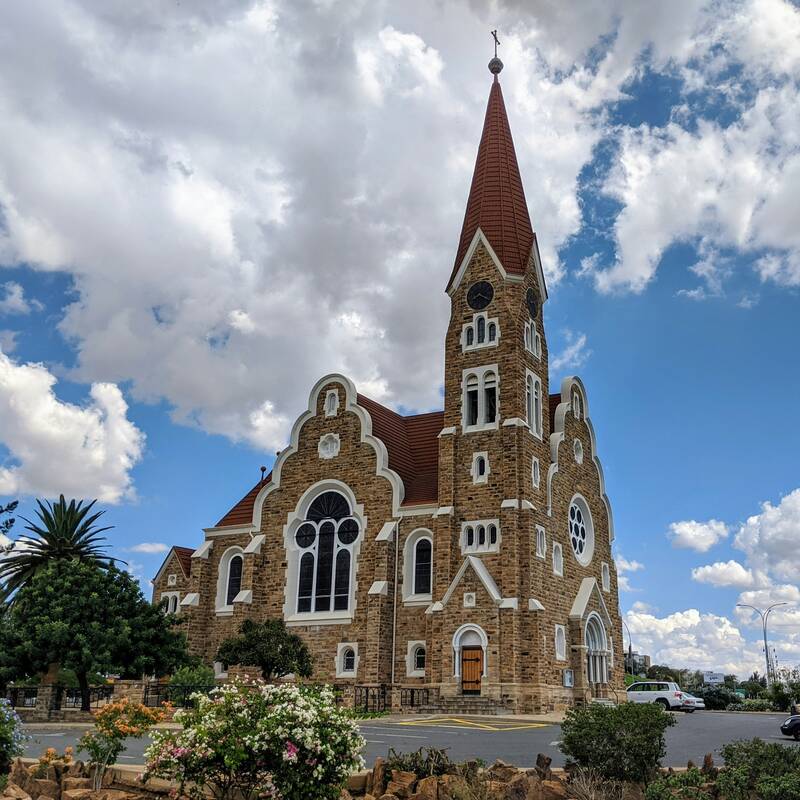
Windhoek City Tour
three hour Windhoek City Tour
Windhoek city tours offer a mix of history, culture, and local flavour, showcasing Namibia’s colonial landmarks, vibrant markets, and cuisine.
More about Windhoek City TourOther lodges in Windhoek
Alternative places to stay in this same area.
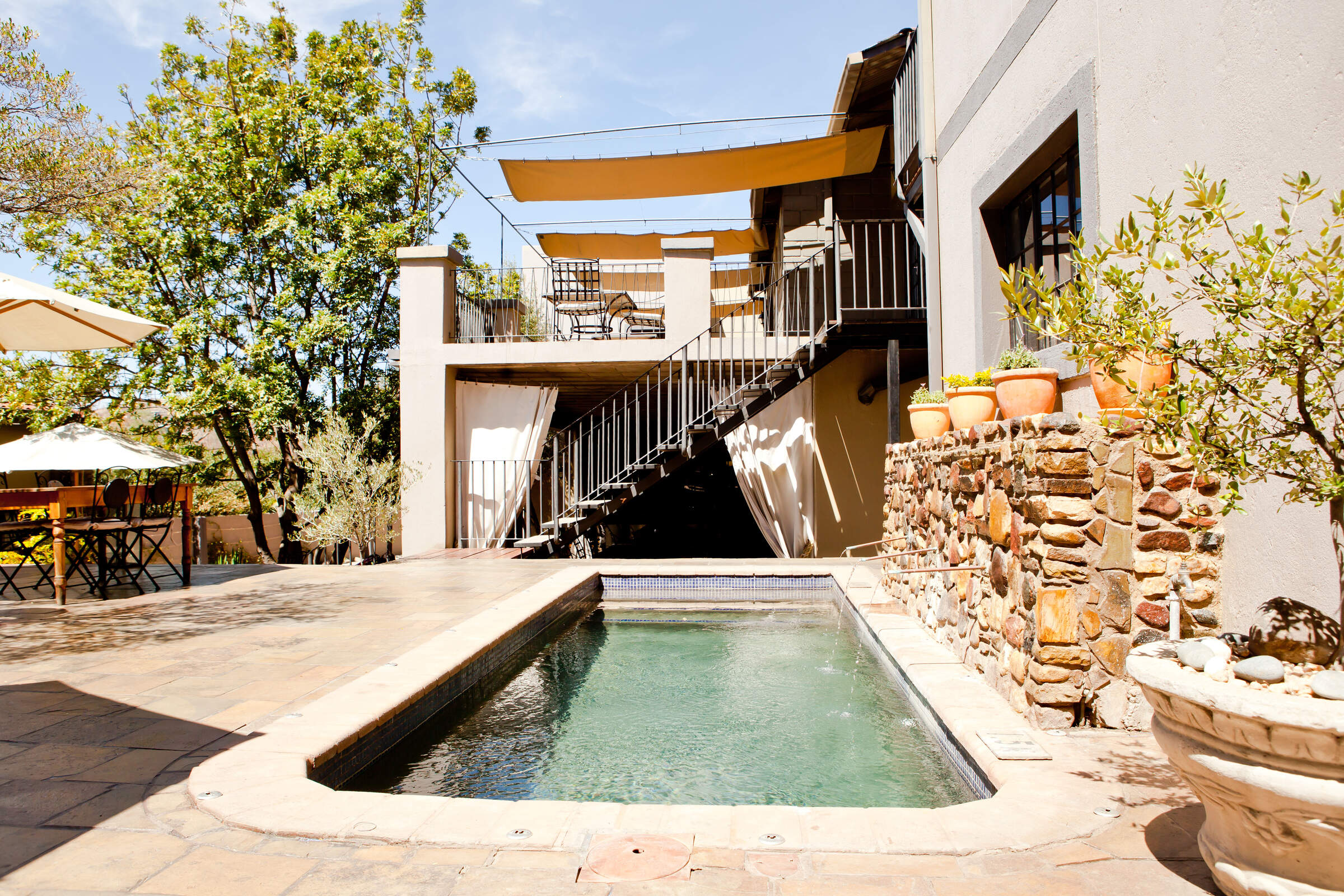
Olive Grove
In a quiet Windhoek suburb, Olive Grove is one of our favourite guesthouses: stylish, with a friendly, welcoming atmosphere and excellent food.
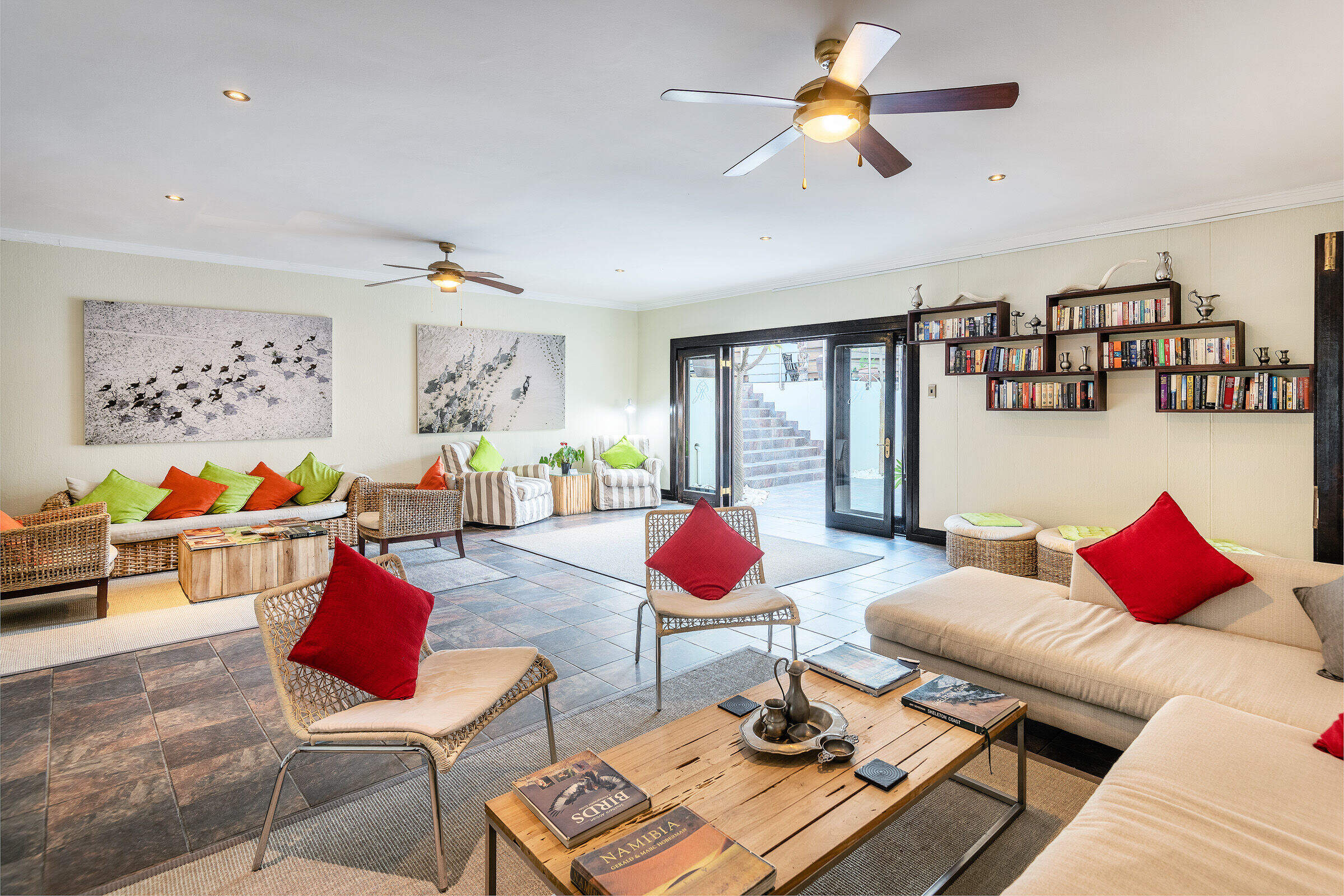
Galton House
A cool stylish sanctuary in a quiet suburb of Windhoek, Galton House boasts a pool and a restaurant that serves breakfast, lunch and dinner.
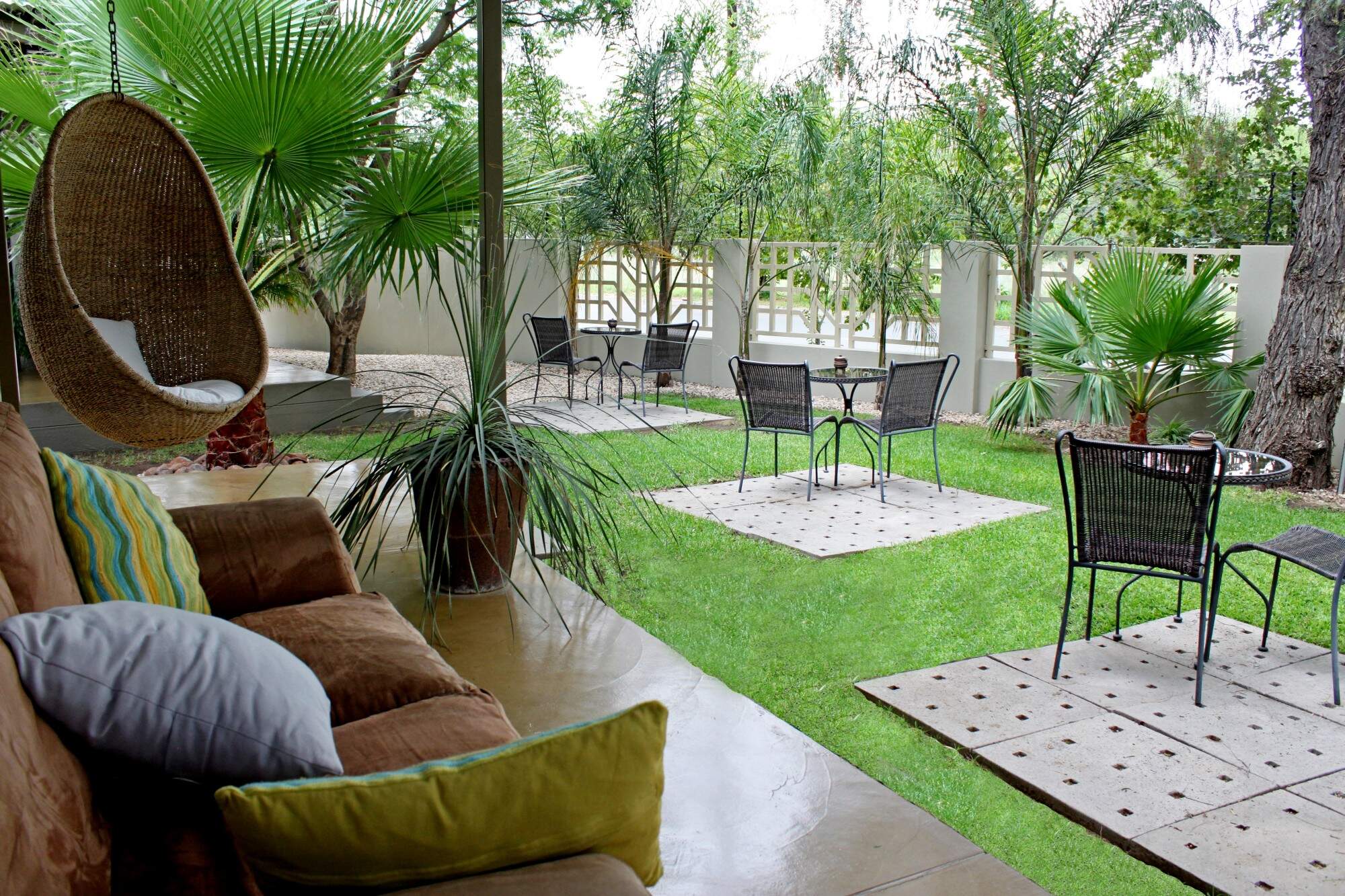
Elegant Guesthouse
The Elegant Guesthouse is a friendly, comfortable establishment with a lovely, tranquil garden, and is a good choice for an overnight stay in Windhoek.
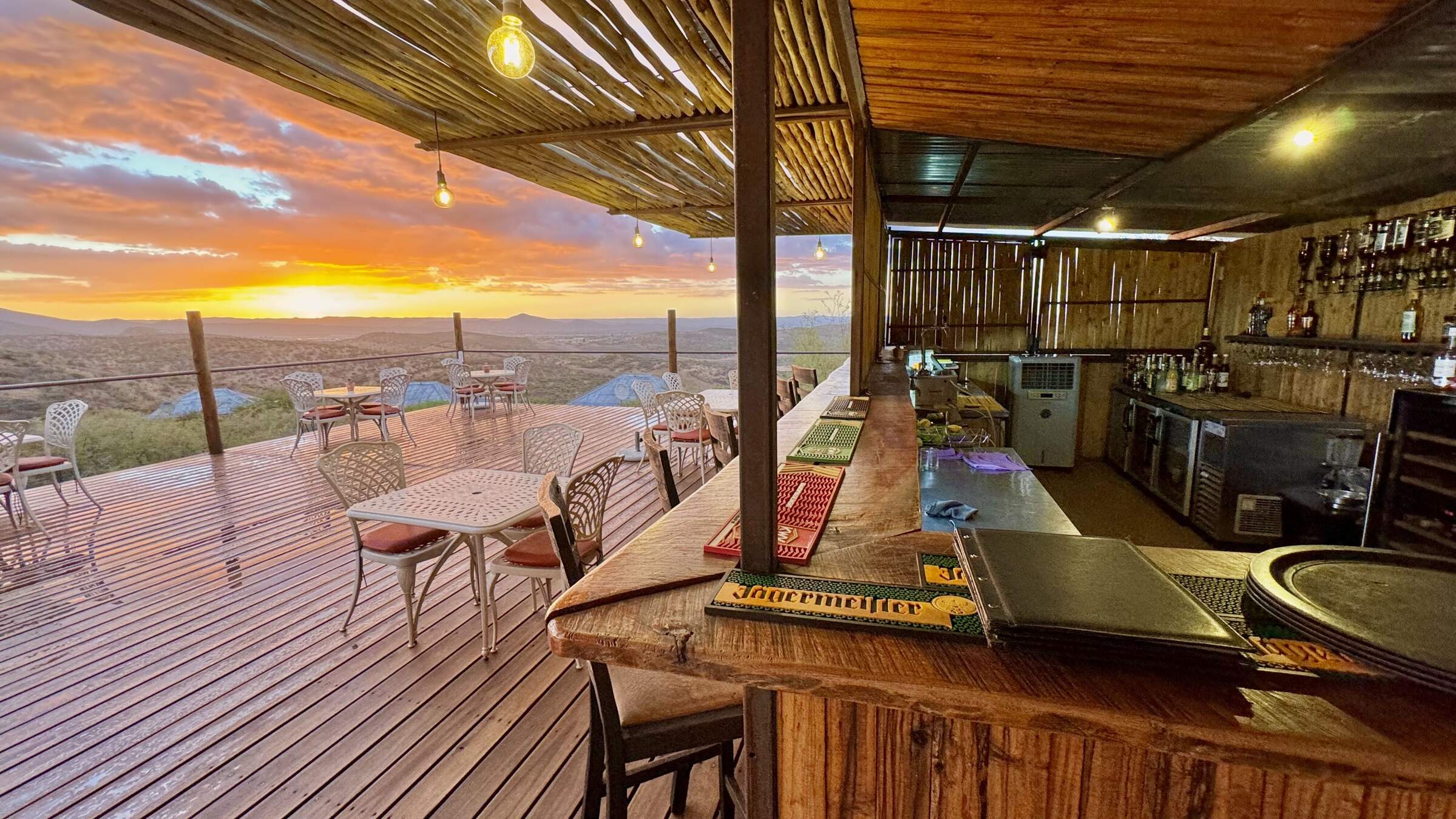
River Crossing
Secluded on a private game reserve between Windhoek and the international airport, River Crossing is a tranquil place to start or end a trip.
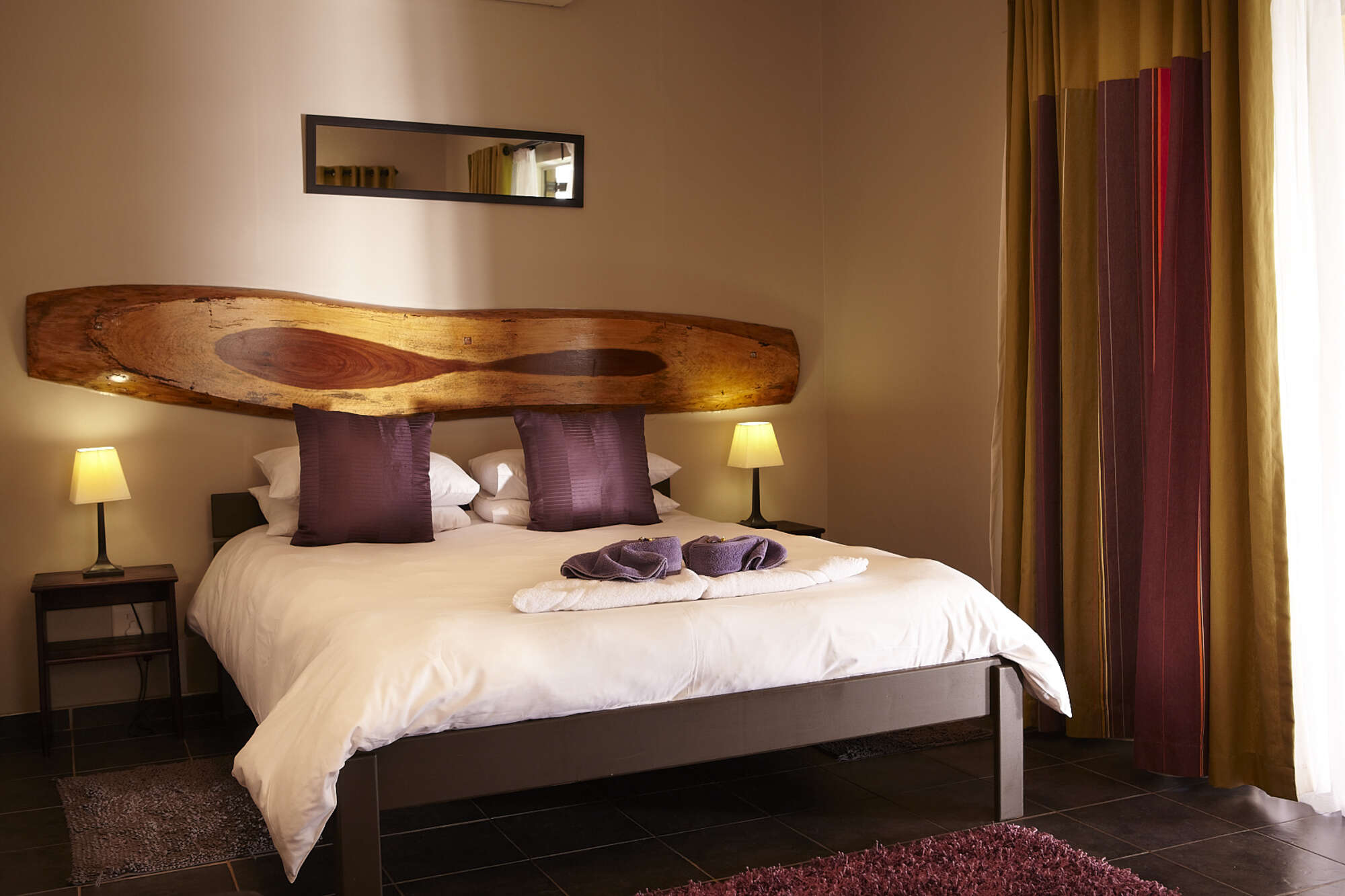
Villa Violet
Villa Violet is a friendly, owner-run guesthouse in a residential area of Windhoek, just a few minutes' drive from the city centre and numerous restaurants.

Sonneneck Guesthouse
Set in tranquil gardens just a few minutes' drive from the centre of Windhoek, Sonneneck Guesthouse is building on the success of its predecessor.
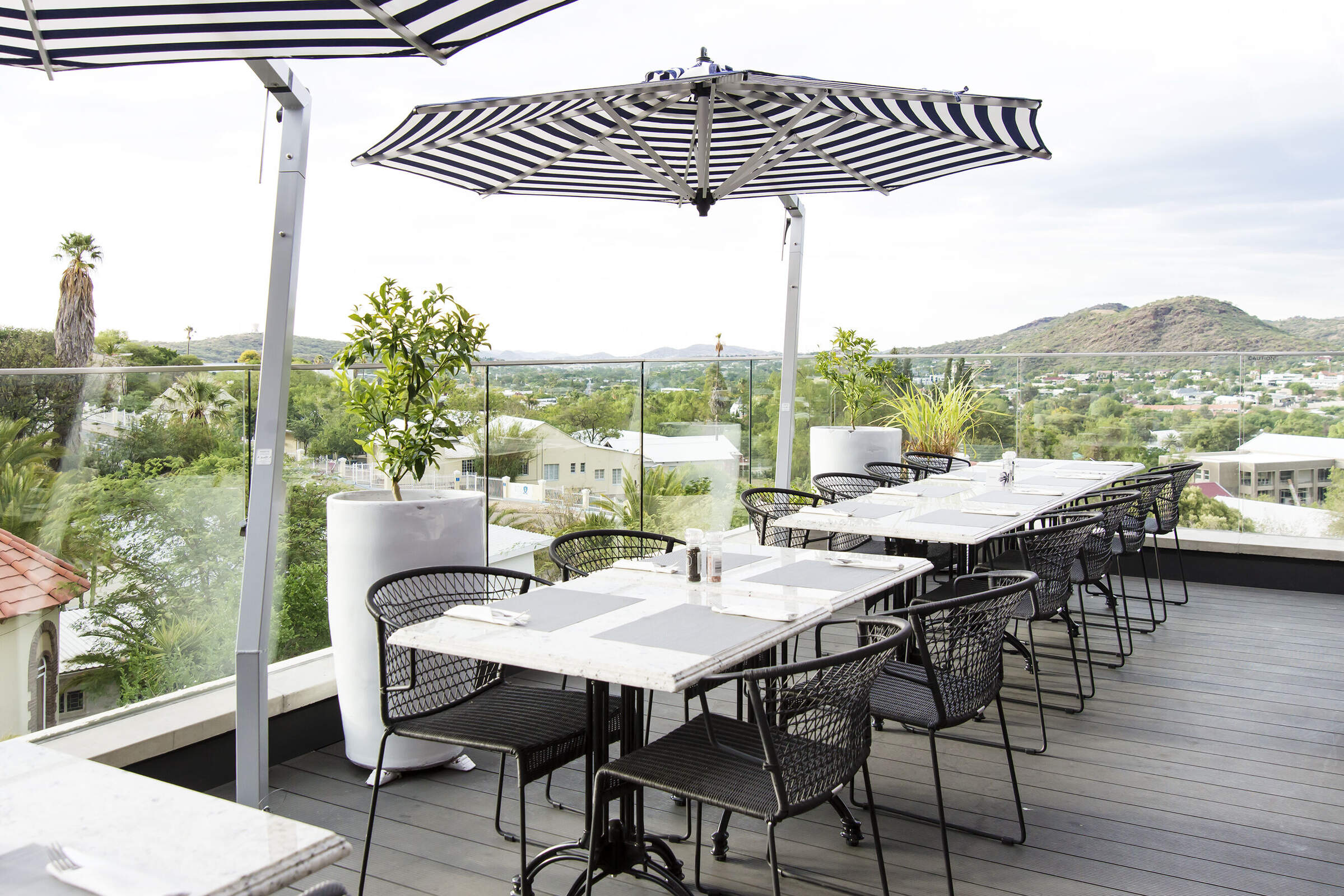
Weinberg Hotel
In a quiet upmarket suburb of Klein Windhoek, the stylish Weinberg has a friendly, welcoming atmosphere and luxury facilities.
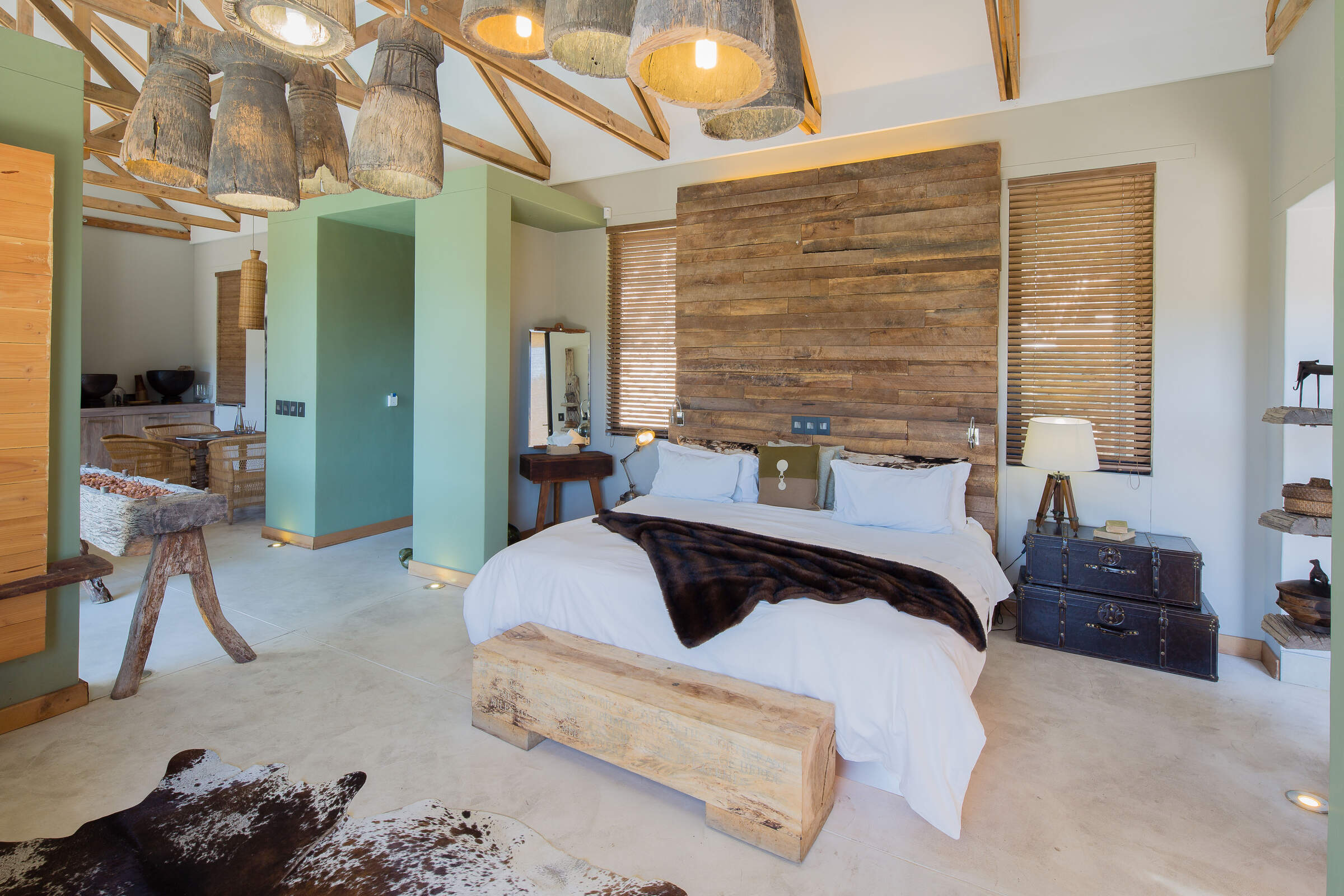
Olive Exclusive
The Olive Exclusive is perhaps Windhoek's most luxurious boutique hotel but remains a friendly and unpretentious place to stay.
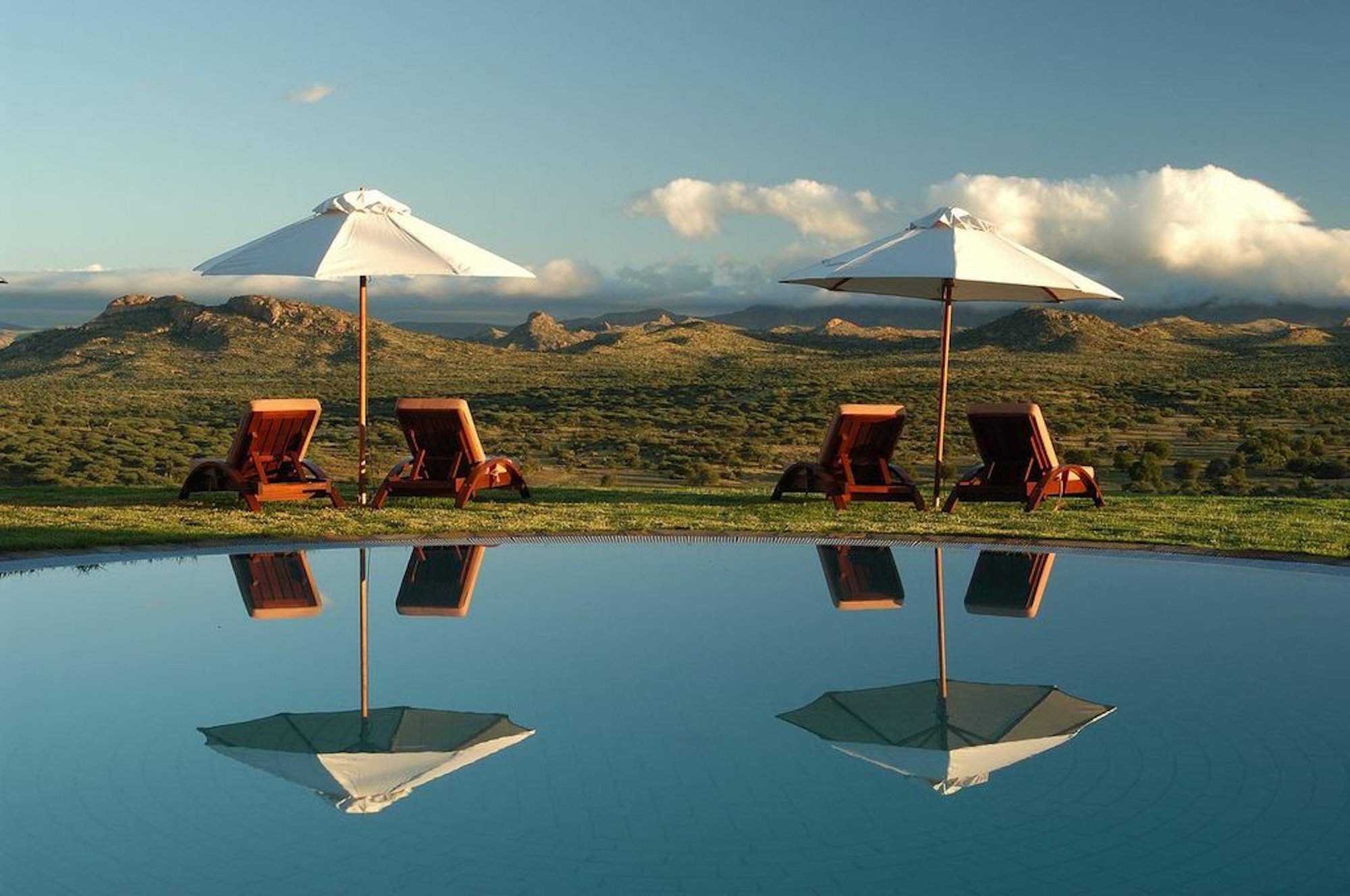
GocheGanas
For somewhere to really pamper yourself, Gocheganas Lodge & Spa offers wildlife combined with extensive wellness treatments.
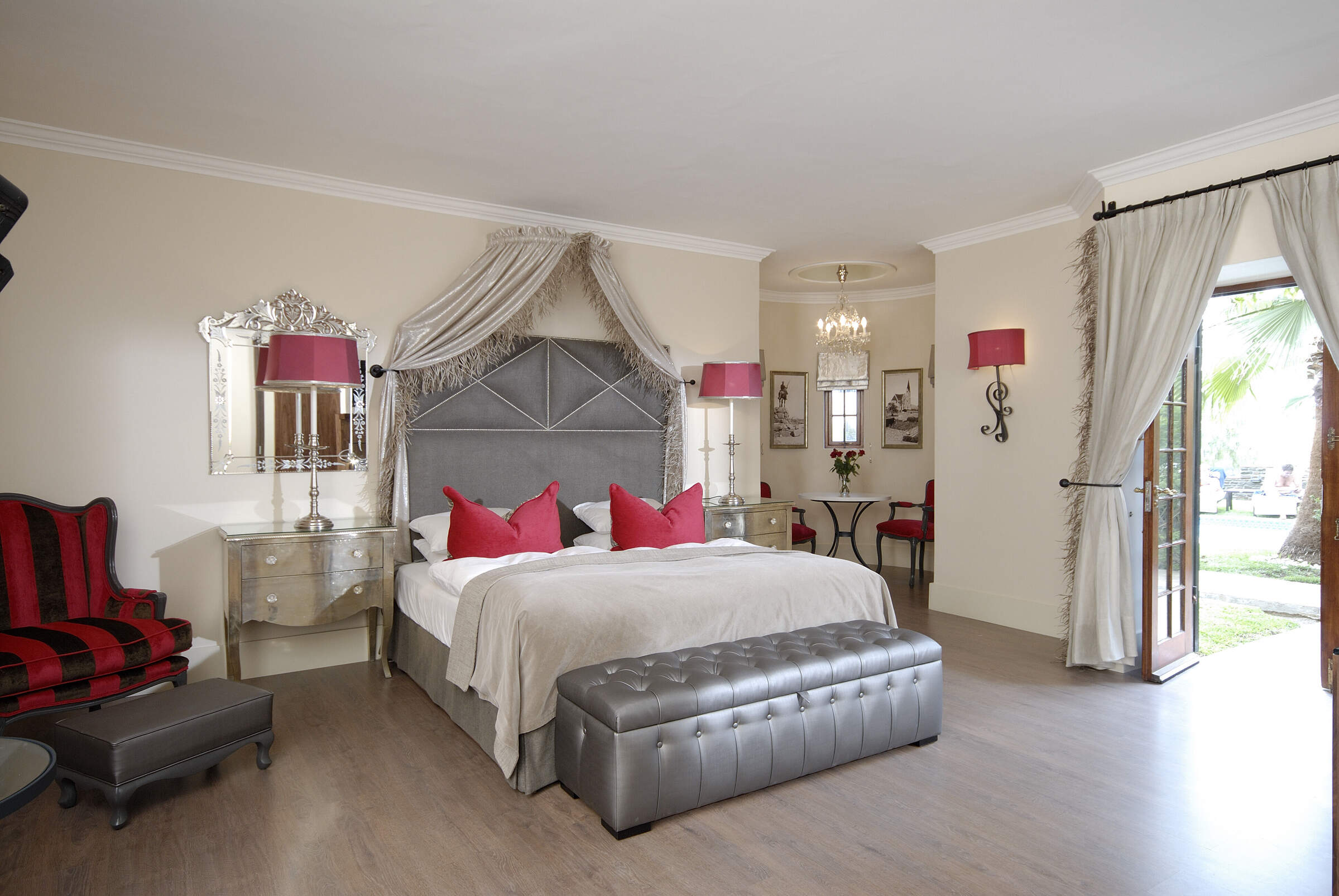
Heinitzburg Hotel
One of the oldest hotels in Windhoek, the Heinitzberg occupies a great hill-top location but can feel like a relic of a bygone era.
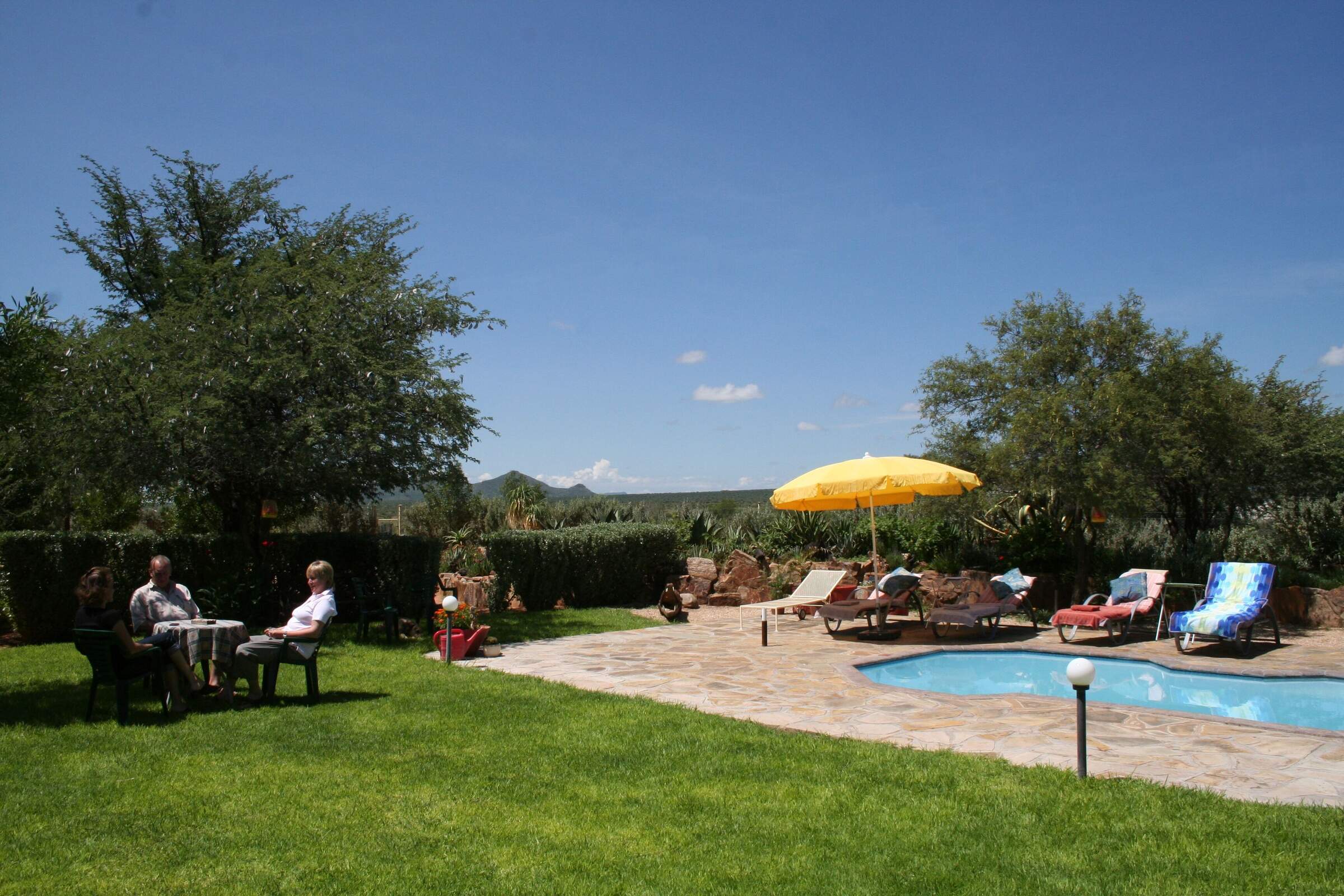
Etango Ranch G. Farm
Etango offers simple, clean, comfortable accommodation and it’s the closest accommodation to Windhoek International Airport.
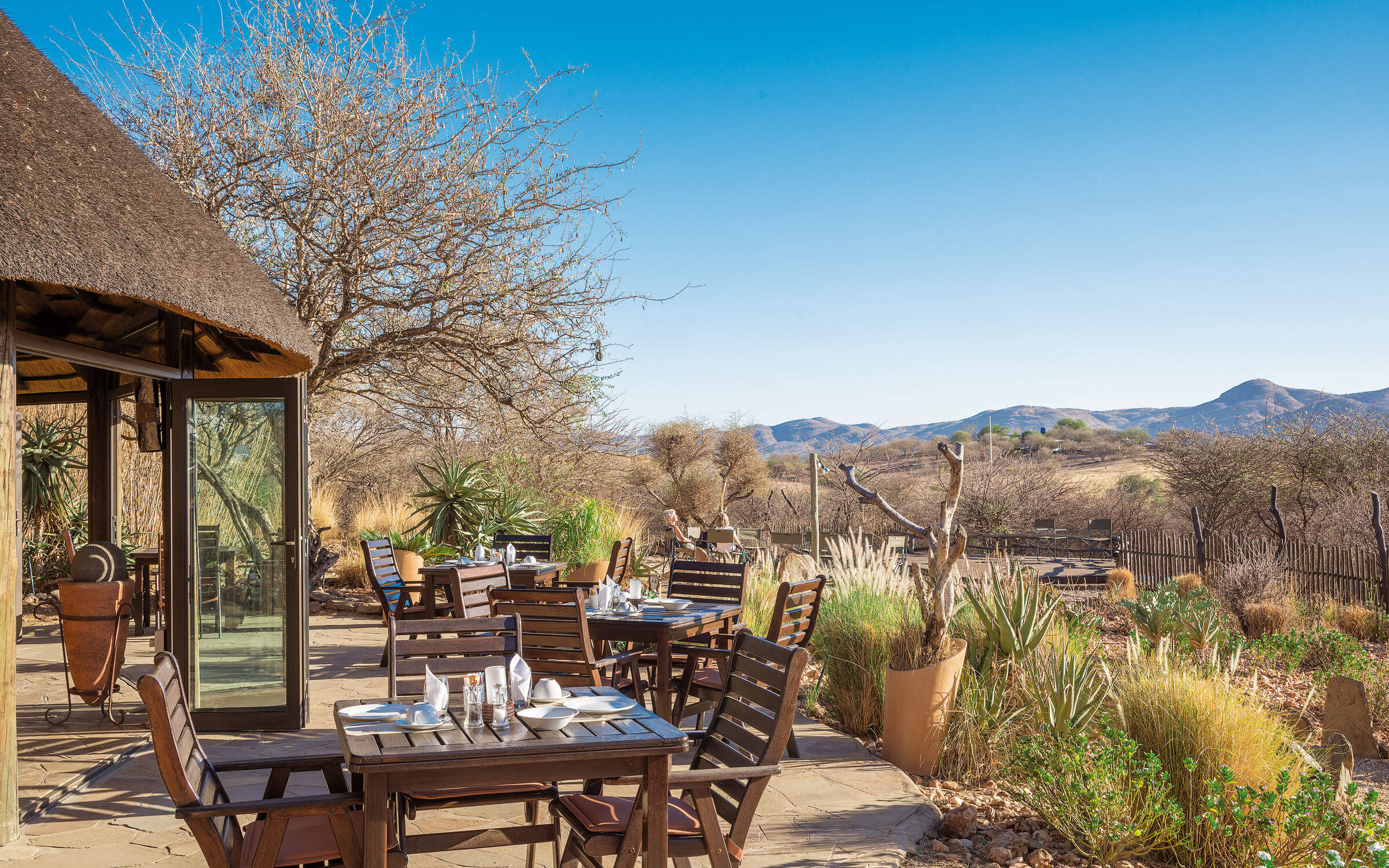
Immanuel Wilderness
Within easy reach of Windhoek, Immanuel Wilderness Lodge is a good overnight option for those who don't wish to stay in the city.
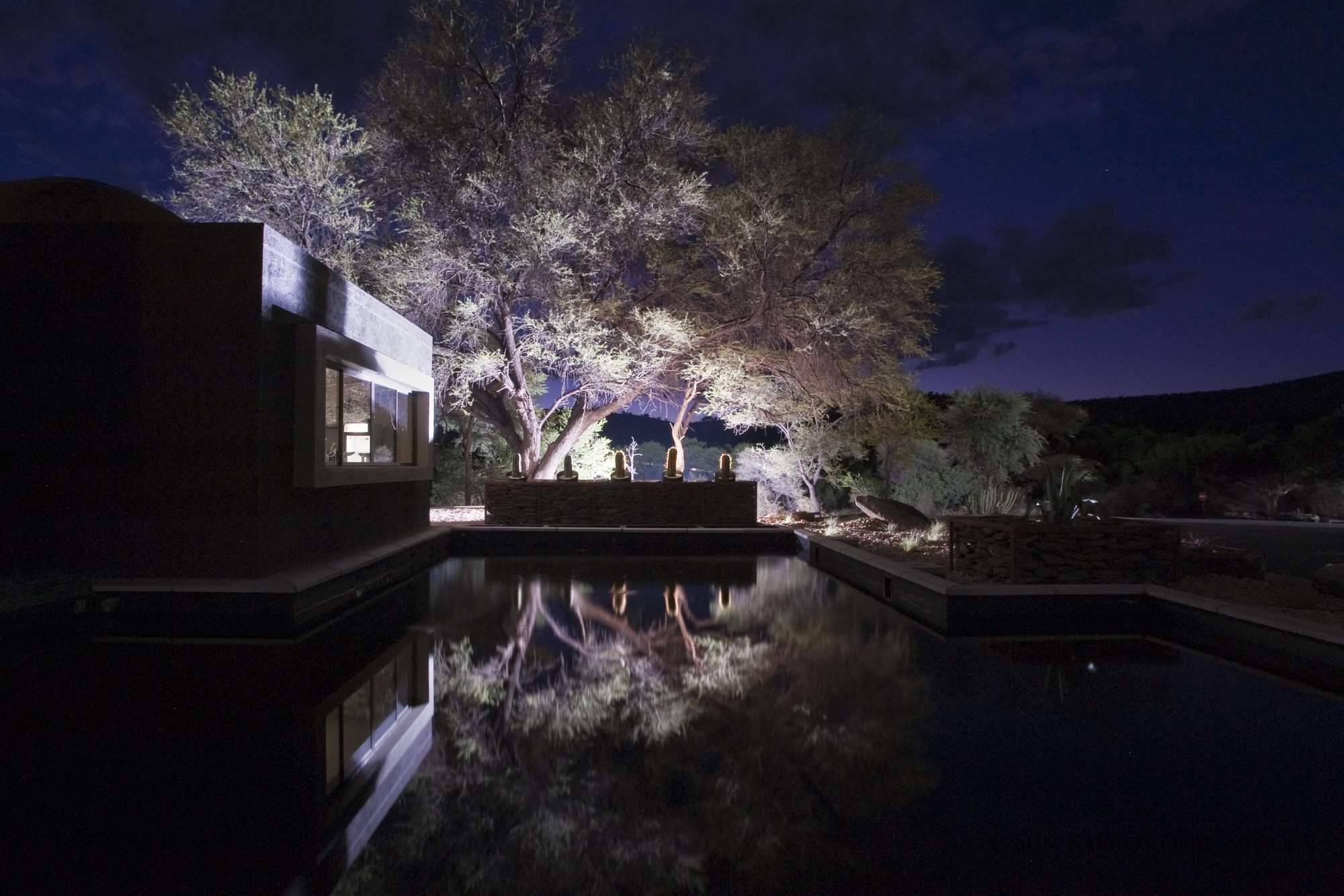
Sun Karros Daan Viljoen
Situated within the Daan Viljoen Nature reserve Sun Karros is a simple lodge with gentle game viewing and bird watching opportunities.
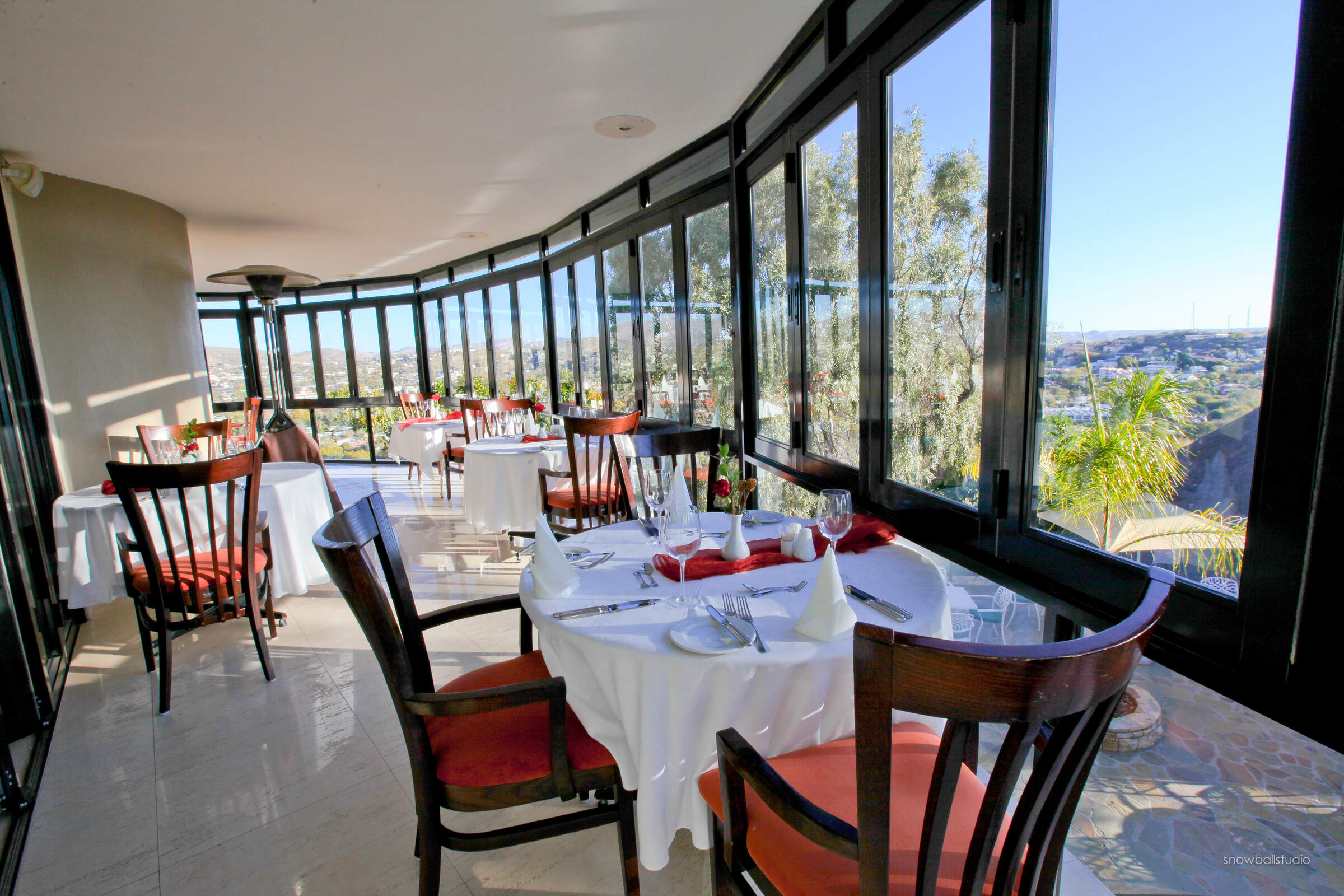
Hotel Thule
Windhoek’s Hotel Pension Thule offers stunning views across the city and a reputable in-house restaurant, within easy reach of the international airport.
When to go to Windhoek
Our month by month guide: What it's like to visit Omaanda in Windhoek
Jan
Feb
Mar
Apr
May
Jun
Jul
Aug
Sep
Oct
Nov
Dec
Namibia in January
January is at the heart of Namibia’s rainy season. However, as you’d expect from a country dominated by desert and semi-desert environments, the rains are often (but not always) weak and usually quite localised. Some days will be clear, the strong sun raising temperatures to around 30ºC/86ºF; on others humidity and clouds build, sometimes culminating in spectacular thunderstorms. In extreme cases, these generate flash-floods which race down the beds of ephemeral rivers.
Across the country, the greening landscape makes a refreshing change, especially in desert areas. Many birds are in full breeding plumage and migrant species are here in force. In the north, where the rains are more reliable, the abundant water and food allows wildlife to disperse, making it trickier to spot.
- Variable weather: clear, hot & dry, or cloudy & humid with some rain
- Occasional, highly localised thunderstorms
- Many animals with young; birdlife at its most spectacular
- Wildlife dispersed & harder to see, especially in Etosha & the Caprivi
- Very few tourists (apart from the New Year) so rates mostly low
Our view
This is not a great time to visit
Weather in January
Namibia in February
February is the wettest month, but as Namibia is dominated by deserts, the rains are often weak and patchy. The variation in weather across Namibia is significant, too; the central highlands and Caprivi can see some heavy rain. More typically, some February days are clear with a hot, strong sun; others are cooler as cloudy skies build and, sometimes, culminate in short, spectacular thunderstorms. Occasionally these generate flash-floods, bringing ephemeral rivers to life and making travel more challenging.
Across the country, the landscape feels green and alive; insects and smaller animals are more easily seen, and many birds and animals are raising their young. However, small pools in the bush and thicker vegetation can make it hard to spot the wildlife.
- Variable weather: clear, hot & dry or cloudy & humid with some rain
- Occasional localised thunderstorms meander over the landscape
- The bush feels alive; birdlife is at its most spectacular
- Wildlife in Etosha & Caprivi is dispersed & harder to see
- Few tourists, so rates usually at their lowest
Our view
This is not a great time to visit
Weather in February
Namibia in March
March usually sees Namibia’s main rains tailing off, although actual precipitation varies hugely across the country and can be unpredictable from day to day. Many days will be clear, with a strong sun driving temperatures up. On others, clouds will build, and the late afternoon may see a short, spectacular thunderstorm. Such deluges reduce in both frequency and volume as the month progresses.
Across the country, landscapes are often vivid: a “green and pleasant land”. Many birds and animals are finishing raising their young, so smaller animals and insects are in evidence. In the north, where rains are generally heavier, pools in the bush and thicker vegetation can make it difficult to spot larger animals.
- Variable weather: clear, hot & dry or cloudy & humid with some rain
- Afternoon thunderstorms less common as March progresses
- Animals looking sleek and well-fed, after 3–4 months of plenty
- Wildlife in Etosha & Caprivi is dispersed & harder to see
- Few tourists visit during March, so rates often low
Our view
A good time to visit, with pros & cons
Weather in March
Namibia in April
Typically, April is dominated by dry weather; there’s an ever-decreasing chance of rain. Temperatures are now below their peak and continue to fall. Even so, days remain pleasant and warm, but there might be a slight chill in the air at night. The rains usually leave many parts of the country verdant and green, so animals are in fantastic condition – often with fast-growing young in attendance.
With the dust washed out of the atmosphere, photographers make the most of clear air, spectacular landscapes and healthy animals. Stargazers will have clearer night skies as the month progresses. In the game parks of Northern Namibia, water and food remain in plentiful supply, so finding big game can prove trickier than later in the year.
- Becoming drier &, especially at night, also cooler
- Few visitors, except around Easter, so rates remain low
- Wildlife in Etosha & Caprivi remains relatively hard to see
- Migrant birds have started to leave
- Fresh, clean air and often green, verdant landscapes
Our view
A good time to visit, with pros & cons
Weather in April
Namibia in May
By May, Namibia is usually drying out fast as the rains have ended. If they’ve been good, then the land remains green, but wildlife starts to congregate at more permanent water sources. Over much of the country the air quality and clarity can be amazing, making this an ideal month for photography.
Typical days are warm, with crisp, clear mornings and clear blue skies. Evenings are usually cool, and temperatures may dip below 10ºC (50ºF) overnight. Many lodges still charge “low season” prices, although with Namibia’s increasing popularity in recent years, some have started to introduce higher “shoulder season” rates.
May’s good-value rates, increasingly good wildlife sightings, beautiful landscapes and crystal-clear air combine to make this one of our favourite months in Namibia.
- Lovely weather: dry, warm days & cool nights
- The country is drying out although many landscapes remain green
- Fantastic air clarity – ideal for keen photographers
- Visitor numbers are often still low, mirrored by lodge rates
- Wildlife is starting to congregate more around remaining water
Our view
A very good time to visit
Weather in May
Namibia in June
Namibia is dry again. Skies are blue and usually largely cloudless. Days are lovely: warm and dry; nights are cold, sometimes below freezing in the desert. Most swimming pools in Namibia are always outdoors, making them too cold for all except the very dedicated.
Take a warm hat and gloves for game drives, where dawn and dusk will feel particularly chilly. In the north, especially Etosha, wildlife viewing is now into its dry-season pattern, focusing around the waterholes – though the park is still not busy.
Photographers come for superb air clarity, with minimal dust or smoke in the air. Historically, June rates have been low. However, with Namibia’s increasing popularity many lodges now count it amongst their “high-season” months, and request higher prices.
- Clear, bright days with blue skies; cold nights, mornings & evenings
- Great air quality, especially welcome for photographers
- “Shoulder season” for some lodges: lodge rates moderate
- Wildlife gravitates to waterholes, making game-viewing productive
- Some greenery in the landscape, depending on the last rains
Our view
A very good time to visit
Weather in June
Namibia in July
Reliably warm daytime temperatures (upwards of 20ºC/70ºF) and good wildlife sightings make this a popular month to visit Namibia. Rain would be very unusual indeed and clear skies make for great photographs. Once the sun sets, though, temperatures cool rapidly bringing cold nights that may dip below freezing in the desert. Be prepared: dress in layers and expect early-morning and late-afternoon drives, and anywhere coastal, to be cold.
As the land dries and vegetation shrivels, game congregates beside drinking water: Etosha’s waterholes are busy with animals. Across the country, lodges charge “high season” rates; many are fully booked a year or more in advance, especially during European school holidays (from the latter half of July to late August).
- Dry days, warm in the sun, with crisp, cold nights
- Cloudless skies: July is usually superb for stargazing
- The beginning of European school holidays so more families travelling
- Peak season: so high rates and many lodges fully booked far in advance
- A fantastic time of year for wildlife watching, particularly in Etosha
Our view
A very good time to visit
Weather in July
Namibia in August
August is the height of Namibia’s “winter”. Expect cloudless skies and plenty of warm sun in the day, but nights down to freezing in the desert. Dress in layers and bring warm clothes (including hats and gloves) for chilly starts and evenings. Only the hardiest even contemplate using outdoor pools.
It’s 3–4 months since any rain, so the land is dust-dry and much vegetation is golden brown. Many landscapes appear sparse and harsh. Wildlife congregates around available water sources, helping to guarantee good animal sightings.
Namibia is never really “busy” by the standards of Europe or the USA, but August is the most popular time to visit, especially for families. Book early (over a year in advance) if you want to stay at the best lodges.
- Dry days, warm in the sun; cold mornings, evenings & nights
- Cloudless skies in the day; spectacular stars at night
- Busy by Namibian standards: family rooms in particular demand
- Peak season: so high rates and many lodges fully booked far in advance
- A fantastic time of year for wildlife watching, particularly in Etosha
Our view
Fantastic: the very best time to visit
Weather in August
Namibia in September
September is a month of blue, cloudless skies and fantastic wildlife viewing. Rain is almost unheard of. As the month progresses, the days and nights get warmer. In some areas, daily maximums hit around the low 30s Celsius, although low humidity ensures this feels comfortable. The contrast makes the nights seem very cold. The air is becoming dustier, occasionally augmented by smoke from fires – so becoming hazy for photographic purists.
In the national parks, animals congregate around remaining water sources – making September one of the best months for game viewing. Hence it’s one of Namibia’s most popular months for visitors: a “high season” month that is often the time of choice for safari aficionados.
- One of the best months for wildlife viewing
- Warm days & cold nights, with temperatures rising during the month
- Many plants have faded from green to golden brown
- Air can be hazy – with dust & sometimes smoke
- High season rates; many lodges & camps are full 9 months in advance.
Our view
Fantastic: the very best time to visit
Weather in September
Namibia in October
Namibia is usually at its hottest and driest in October. Temperatures build as the month progresses; towards the end, daily highs may exceed 40ºC/100ºF, though with humidity close to zero, even this rarely feels oppressive.
In exceptional years, isolated rain showers may fall in late October. More usually, the end of the dry season sees wildlife watching at its best, particularly in Etosha. The place feels like a desert as spectacular herds of thirsty animals gather around the available water. October is popular amongst wildlife enthusiasts and commands peak-season prices, even if dust and smoke may make the air hazy, challenging photographers. Visitor numbers can fade towards the end of the month, allowing a window for last-minute bookings.
- Probably the most spectacular month for wildlife-viewing in Etosha
- Hot and dry: much of the country feels like a desert
- The air can be hazy with dust & smoke
- It’s peak time to visit, so expect high season rates
- Lodges & camps are full, especially early in October
Our view
A very good time to visit
Weather in October
Namibia in November
November is always a bit unpredictable: sometimes dry and hot; sometimes cloudier and cooler. Typically, mornings are hot and cloudless and clouds appear in the afternoon. Humidity builds and eventually breaks, resulting in spectacular thunderstorms that bring convection rainfall in late afternoons. Such storms are typically sparsely distributed and highly local – being completely absent from desert areas, for example. Places that do get good rain will flush green, with a tangible feeling of new life softening the landscapes. Many mammals give birth to their young.
Once any rains come, wildlife dissipates in search of food, and game viewing in Etosha becomes harder. Conversely, this is a great time for birdwatchers, with migrant species in breeding plumage.
- A very interesting, variable month, depending on the rains
- With rains come an amazing explosion of both vegetation & new life
- Wildlife viewing better in Damaraland than Etosha if it has rained
- Shoulder season: mid-range rates offer great value
- Away from the Namib, showers are more likely later in the month
Our view
A good time to visit, with pros & cons
Weather in November
Namibia in December
December is the first “proper” month of Namibia’s rainy season, and one of its hottest. Clear mornings give way to building clouds and, with luck, the occasional short, spectacular thunderstorm: refreshing and cleansing. These are often highly localised and generally warmly welcomed: most Namibians love rain!
Rains clear the air of dust. Even relatively short showers enable plant life to erupt, carpeting this thirstland in green and providing food for the young animals which abound. Animals disperse widely, which can make game viewing challenging. Many birds are breeding and so sporting their most colourful plumage.
Christmas and the New Year fall within local “summer holidays” – so places to stay can be surprisingly busy, especially in and around coastal towns, where temperatures are cooler.
- Hot and humid; sometimes refreshed by cooling showers
- Landscapes flushed green if/where there has been rain
- A tangible life and energy amidst this often green & pleasant land
- Very photogenic: blooming deserts amidst crystal-clear air
- Best time for birdwatchers; larger animals harder to spot
Our view
This is not a great time to visit
Weather in December

Looking for inspiration on where to travel next?
Visit our trip chooser to explore your options and find inspiration for your perfect African adventure
Inspire me